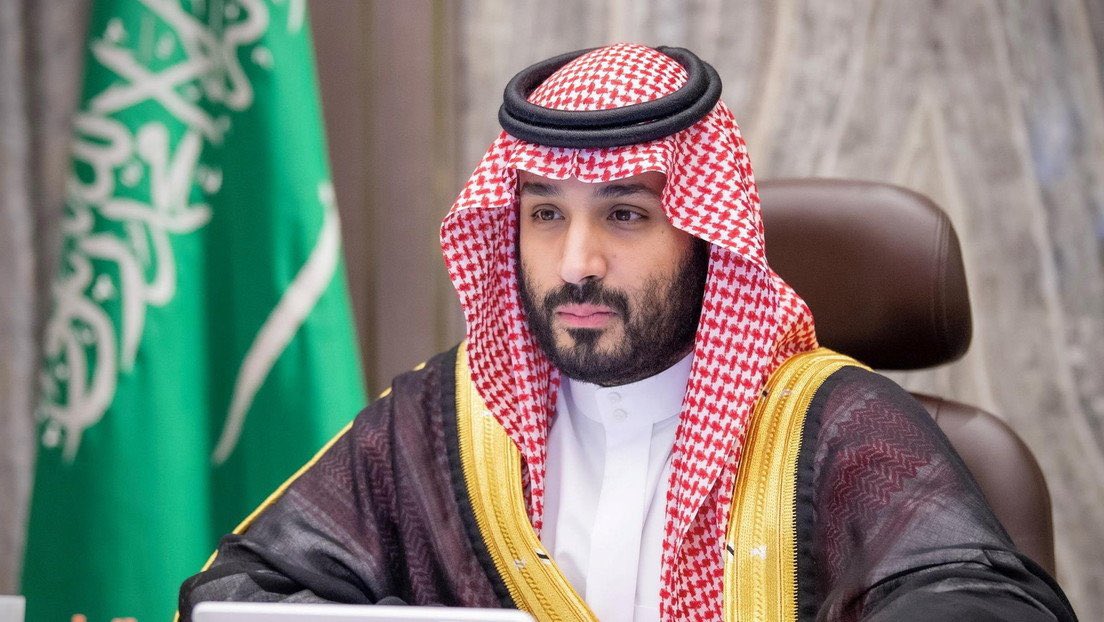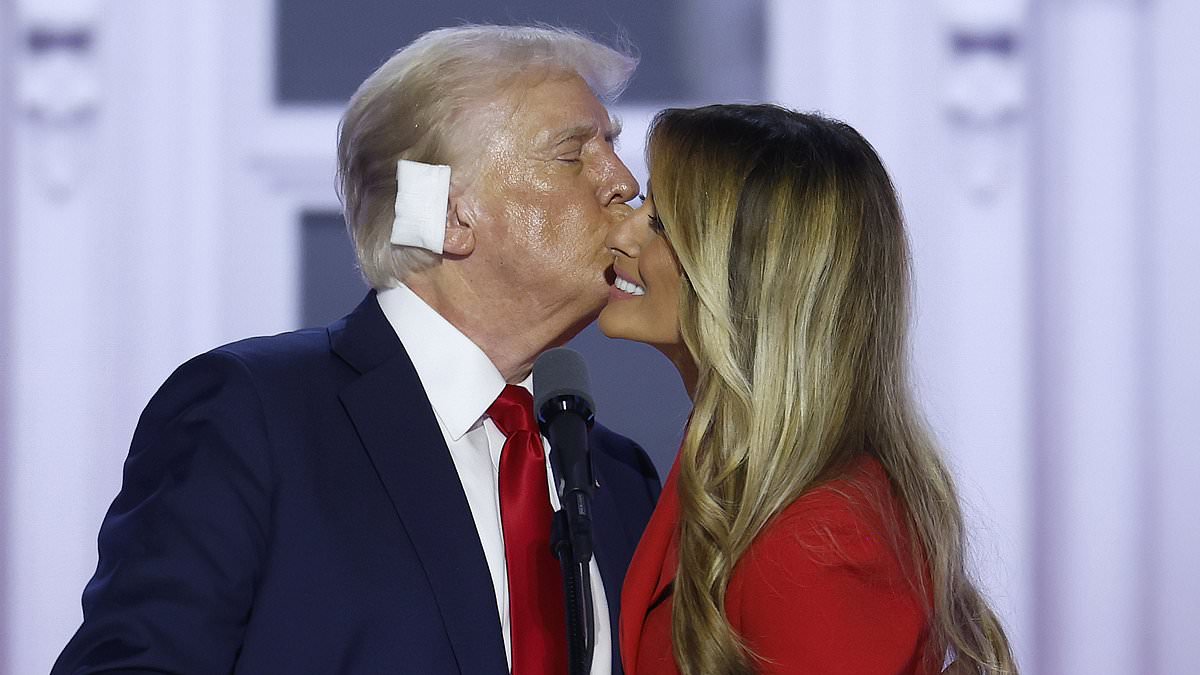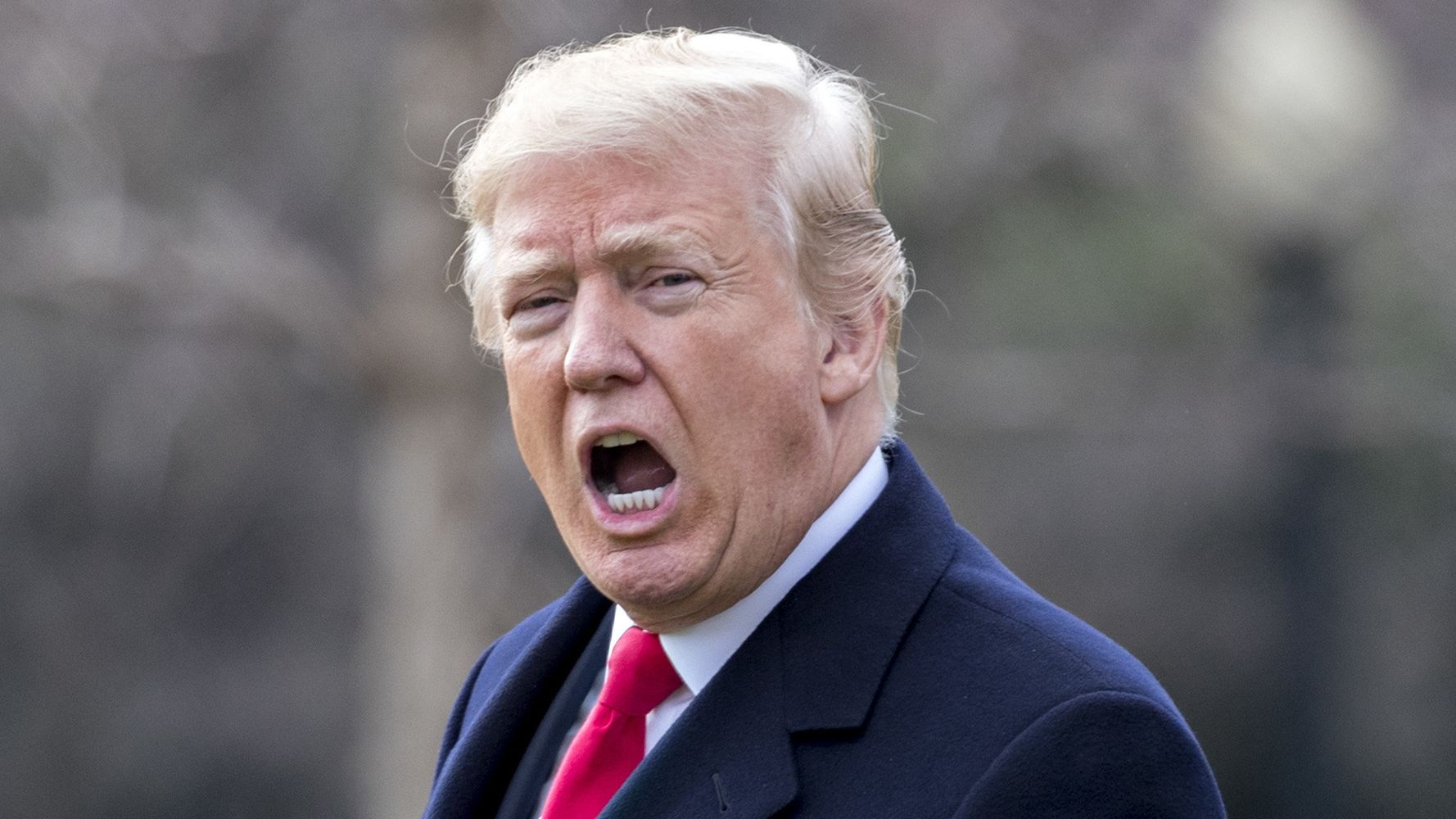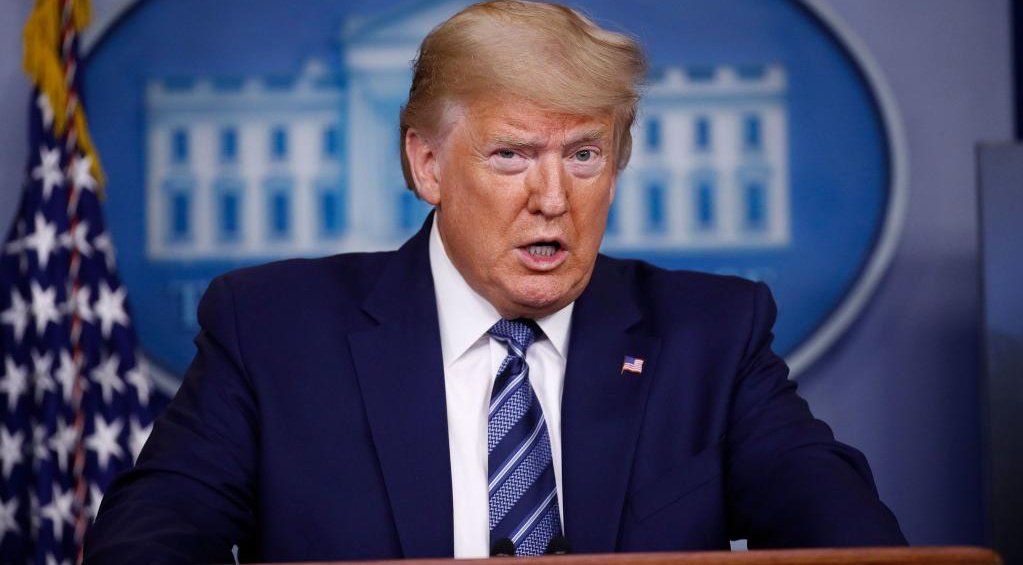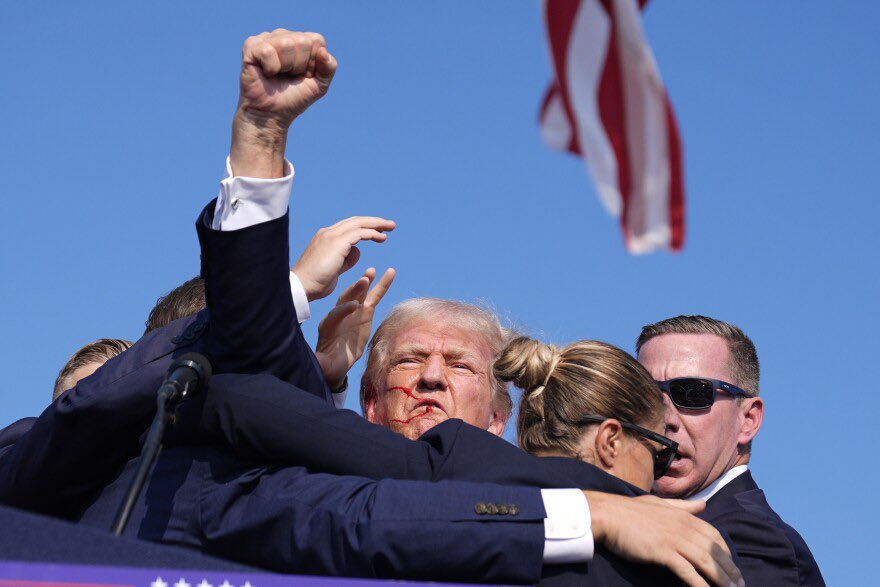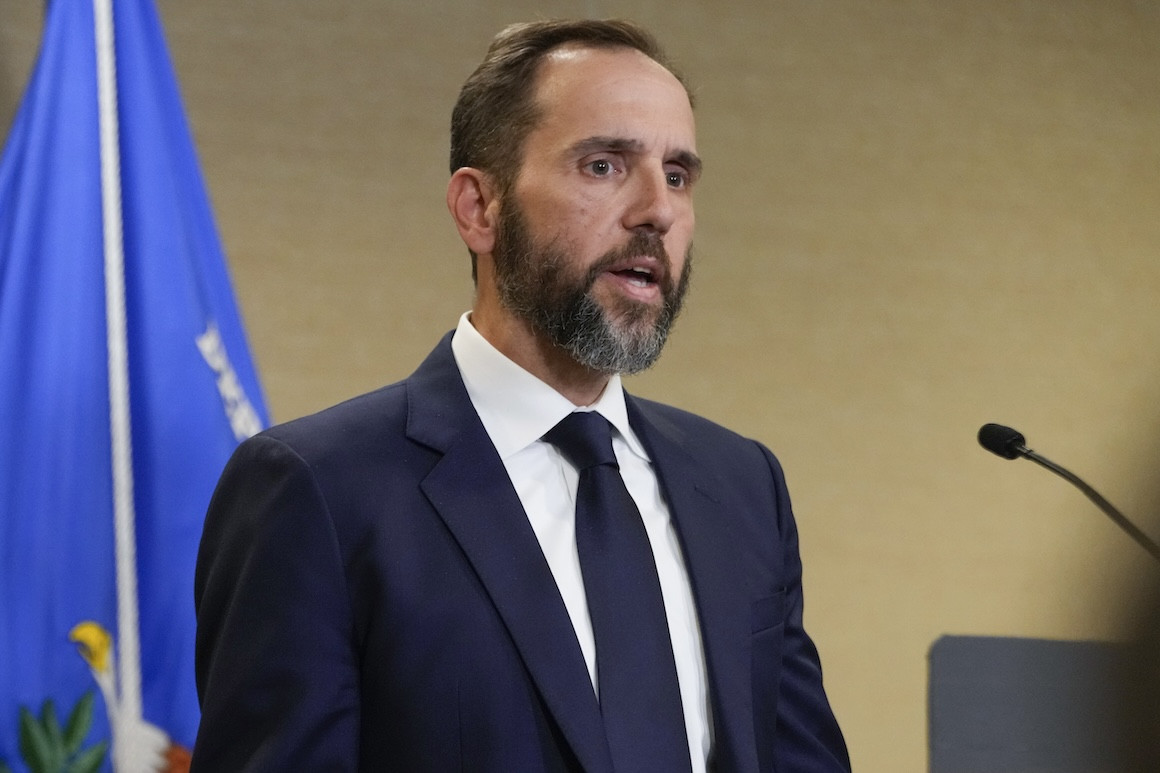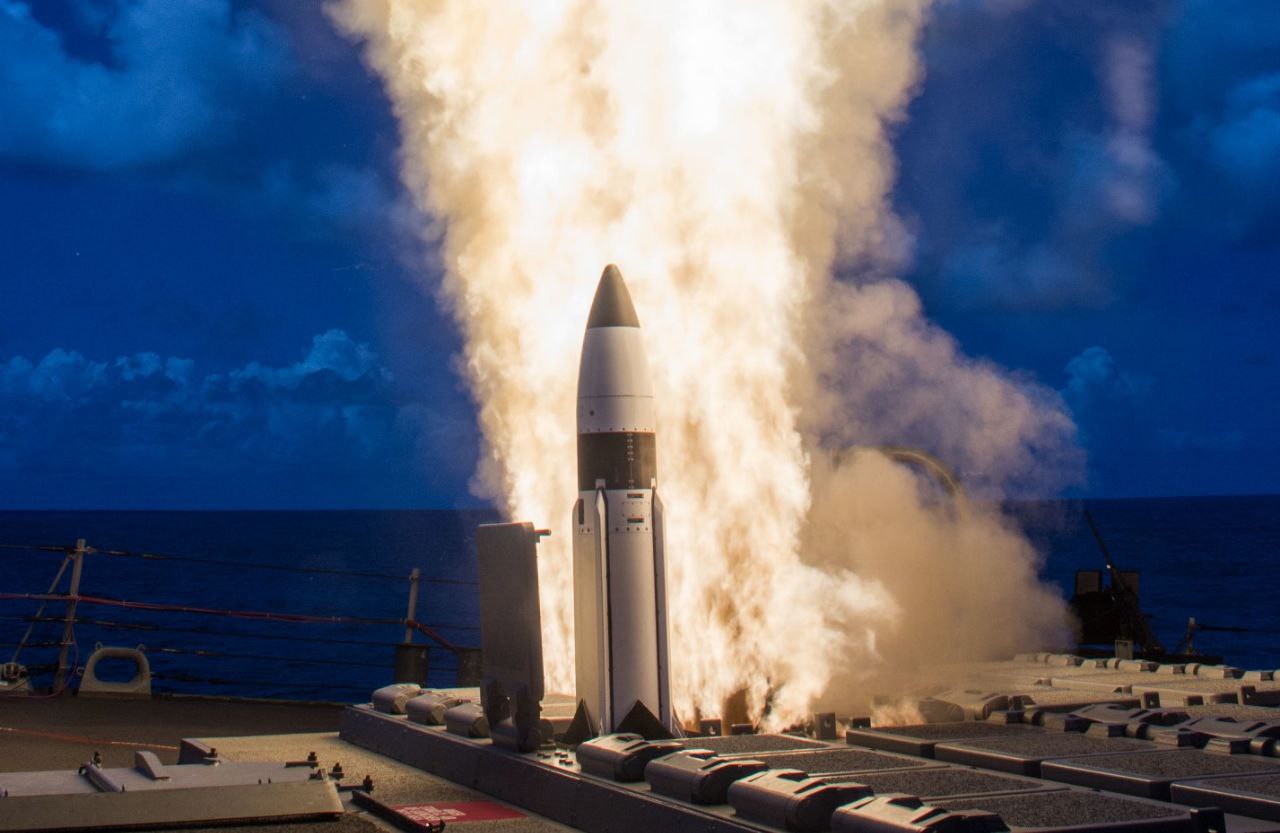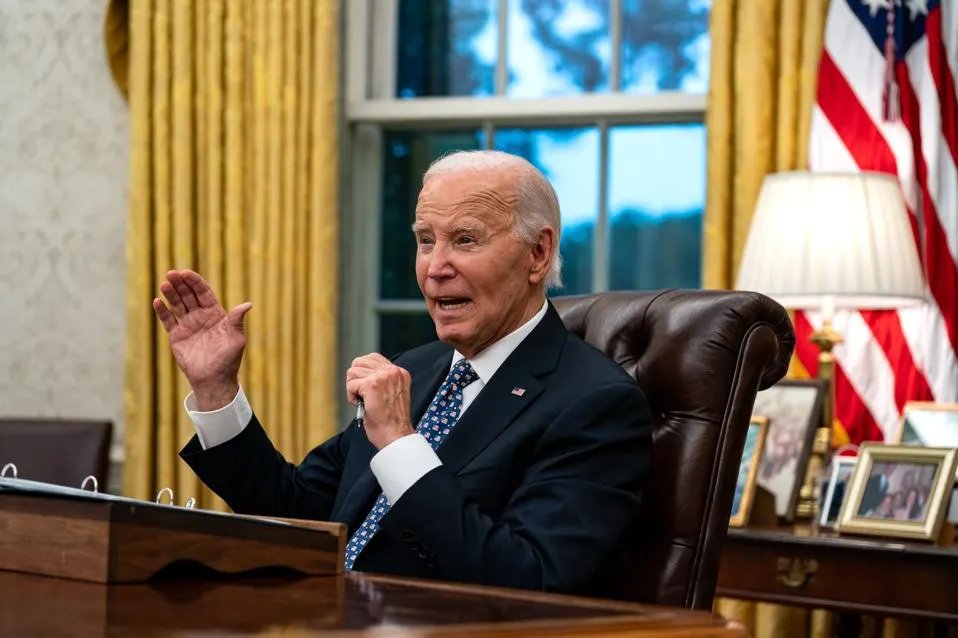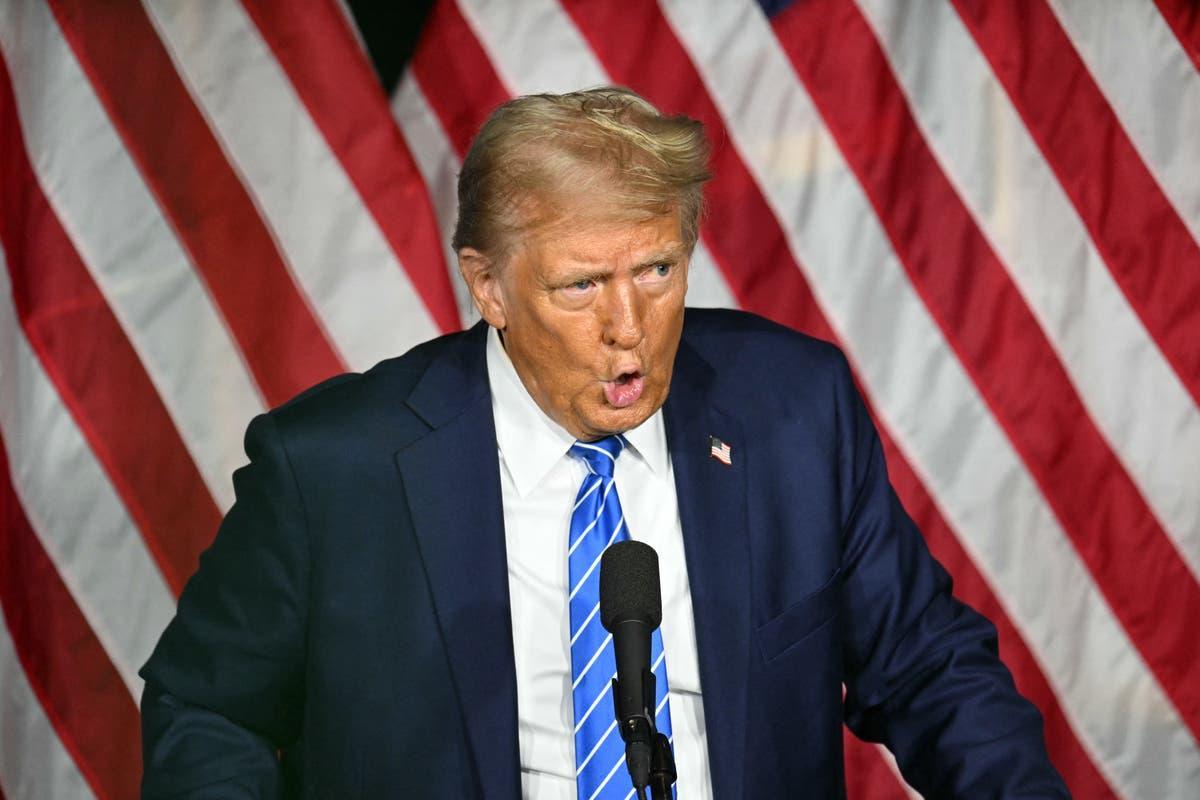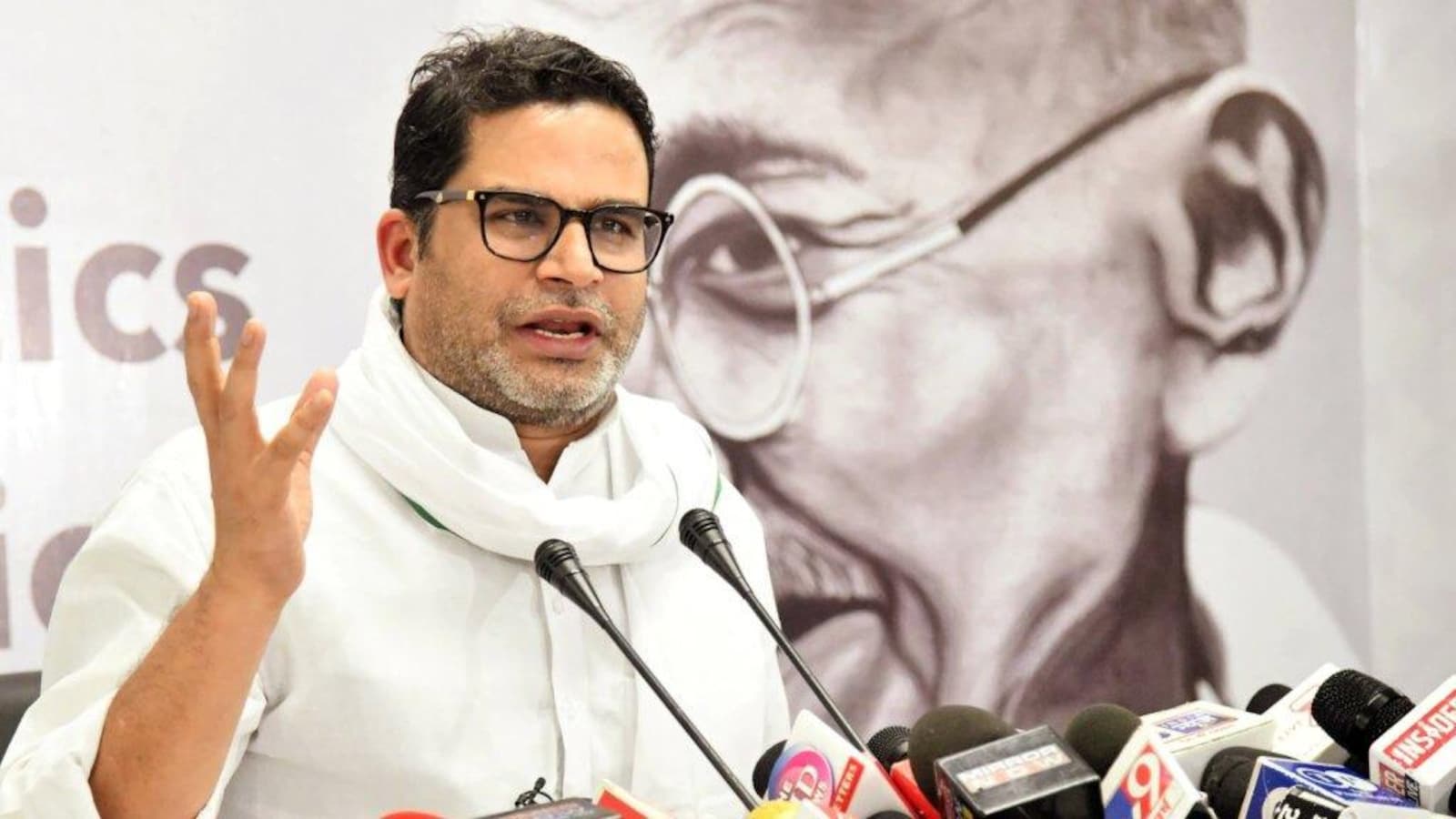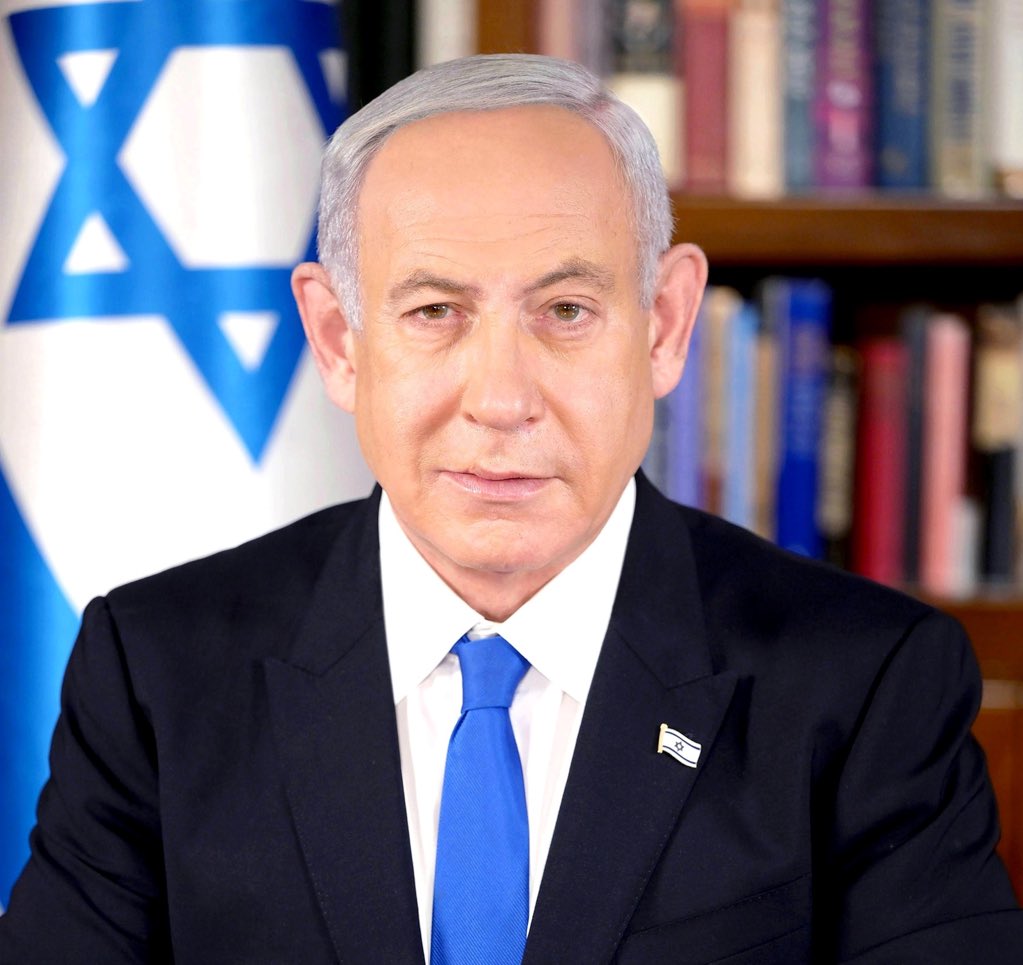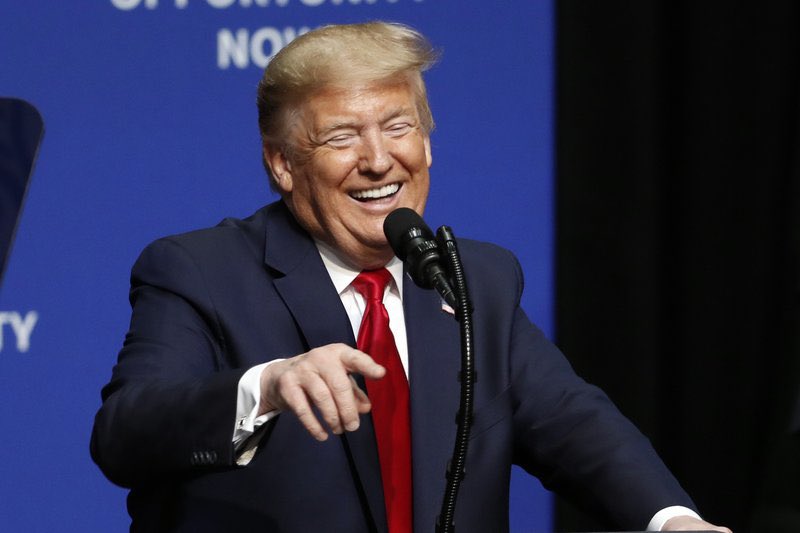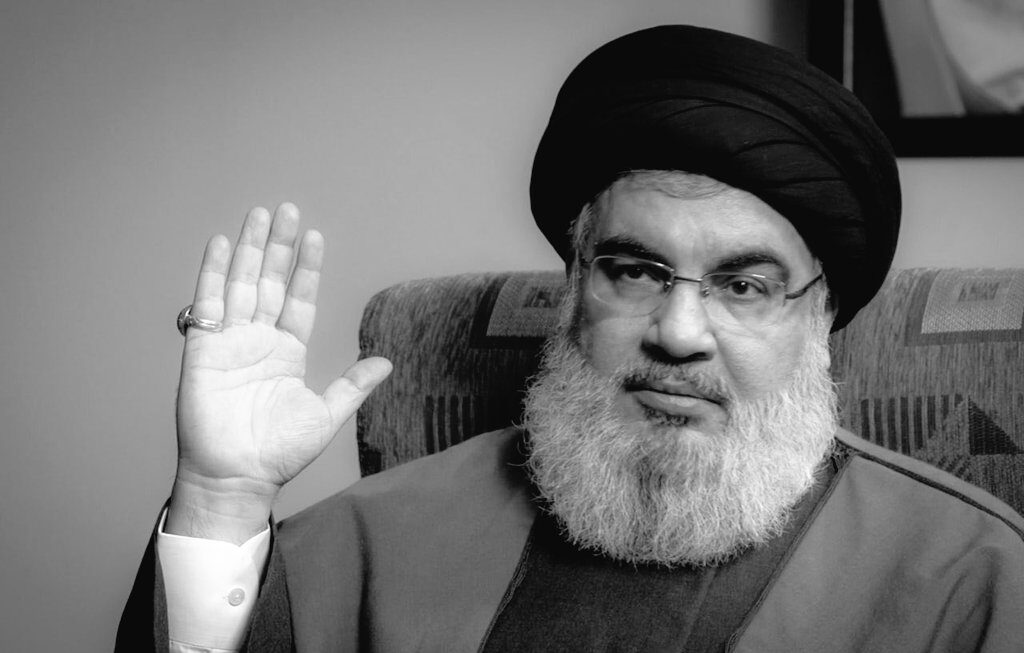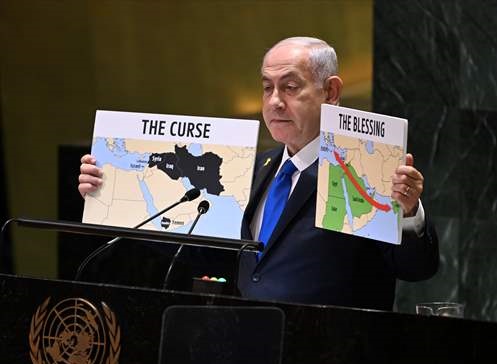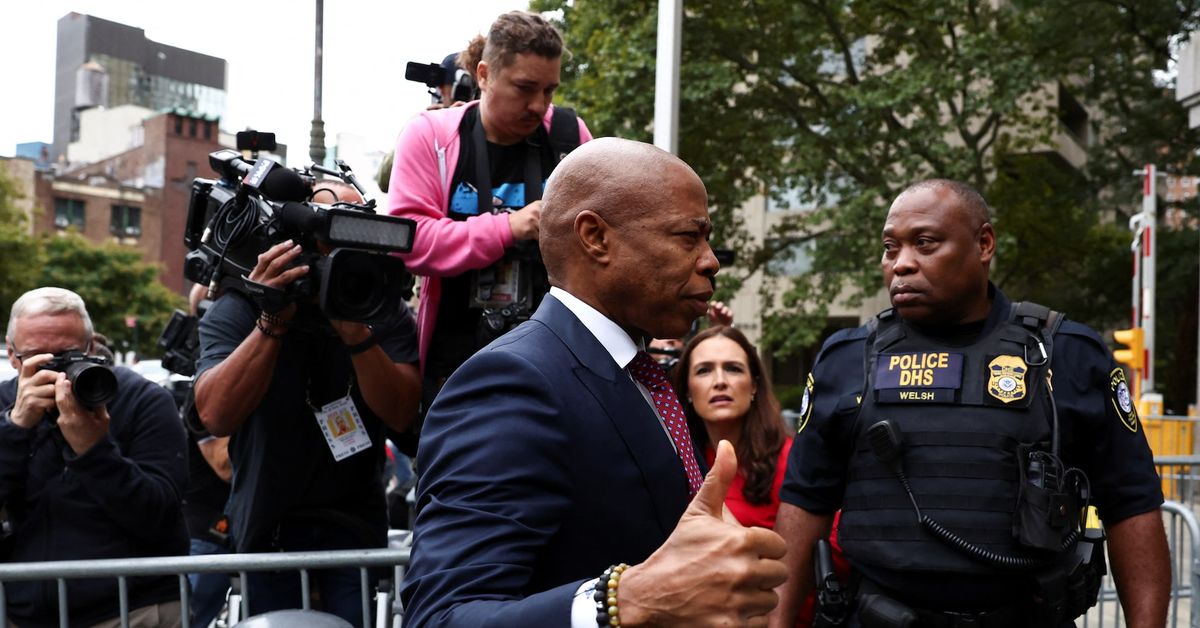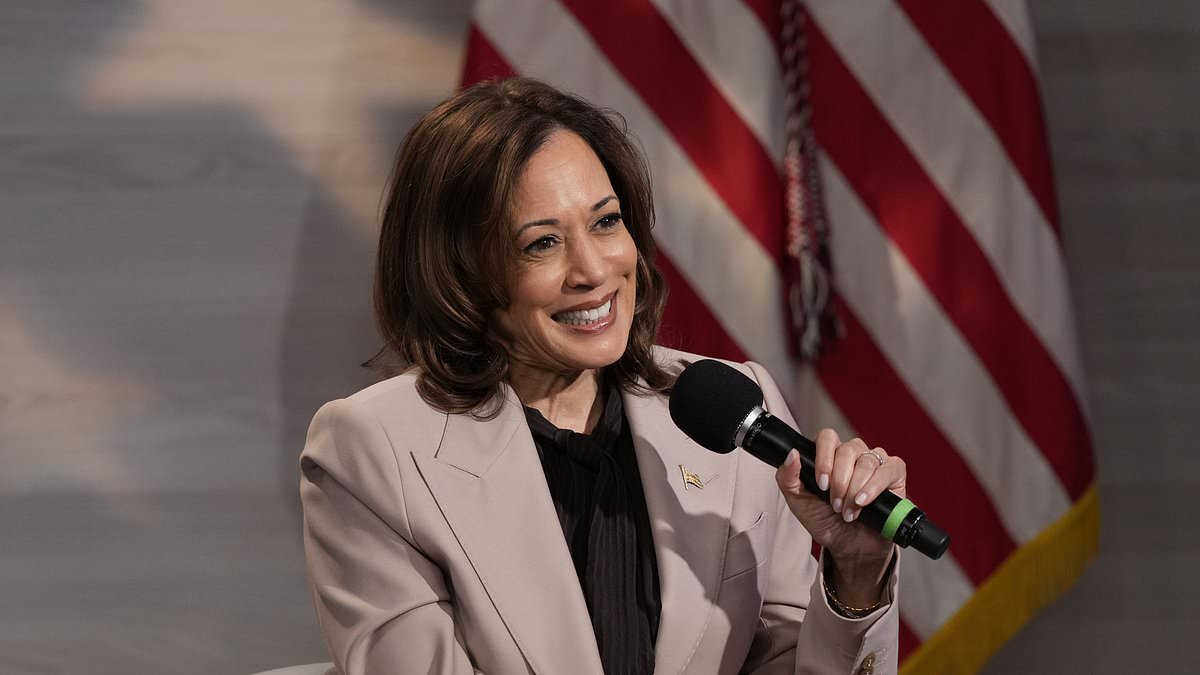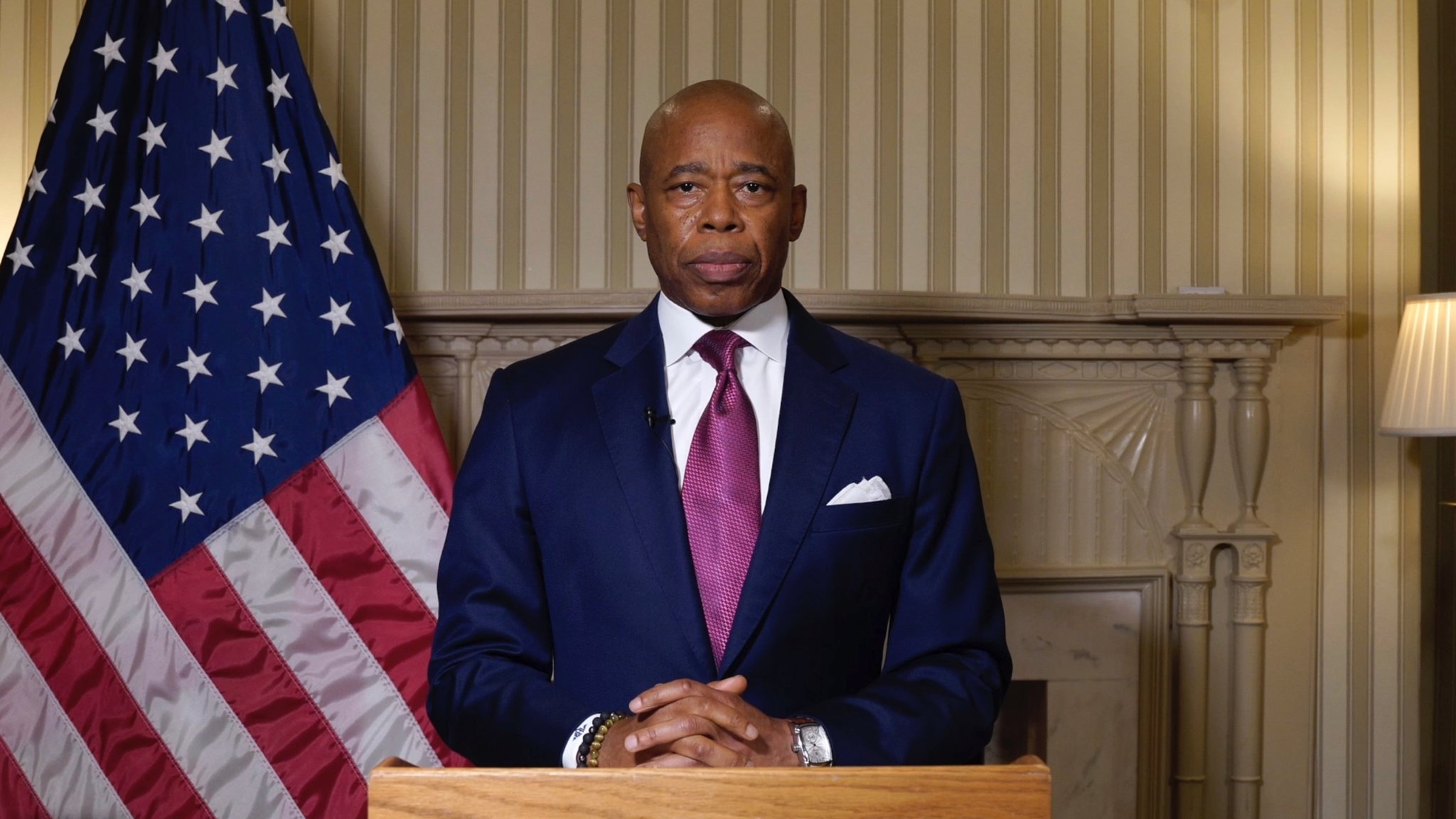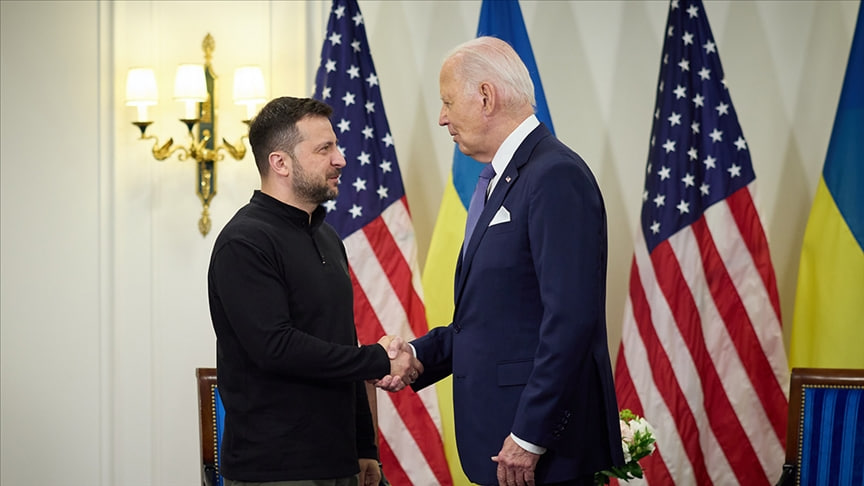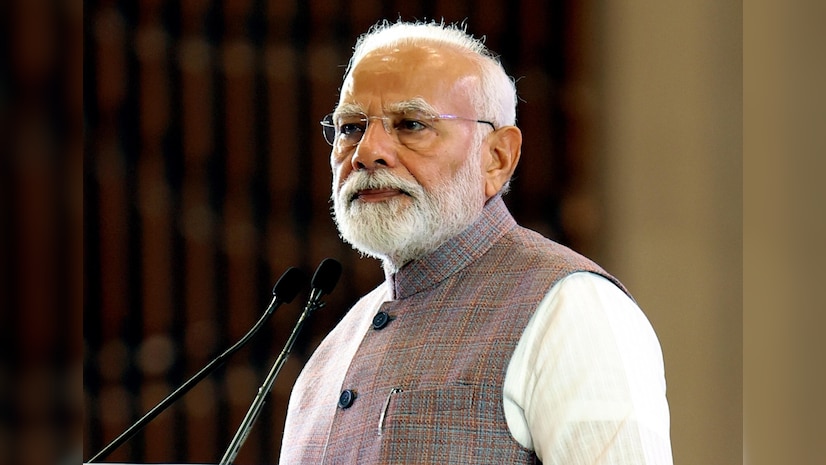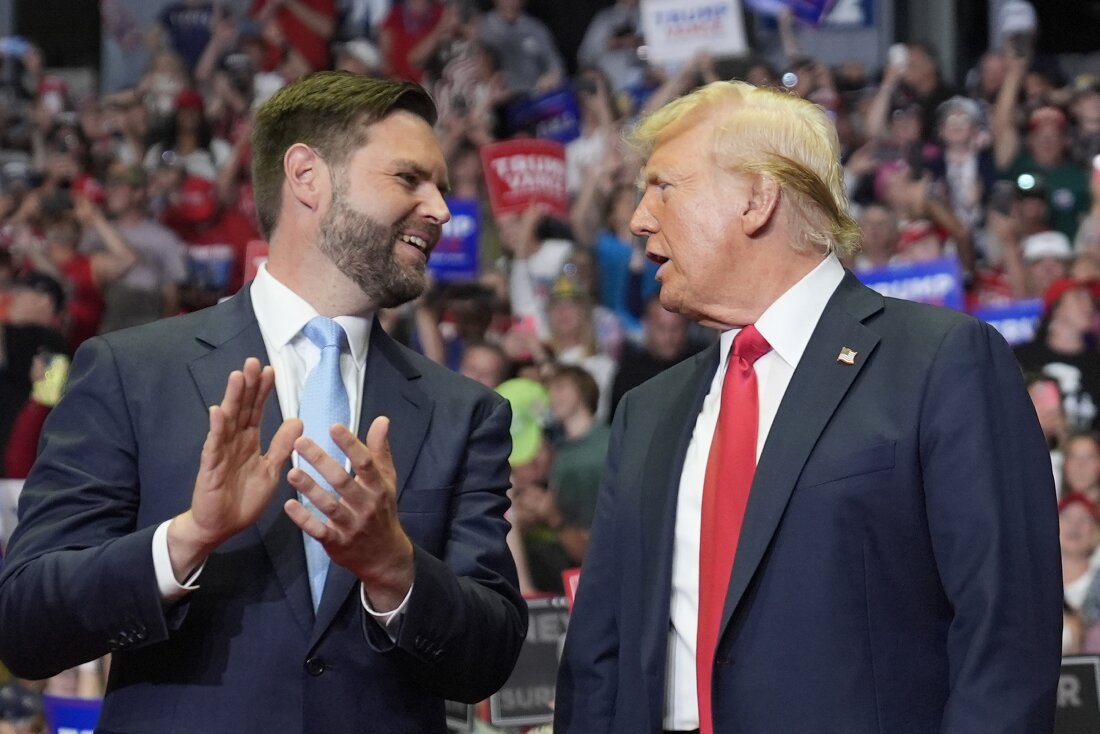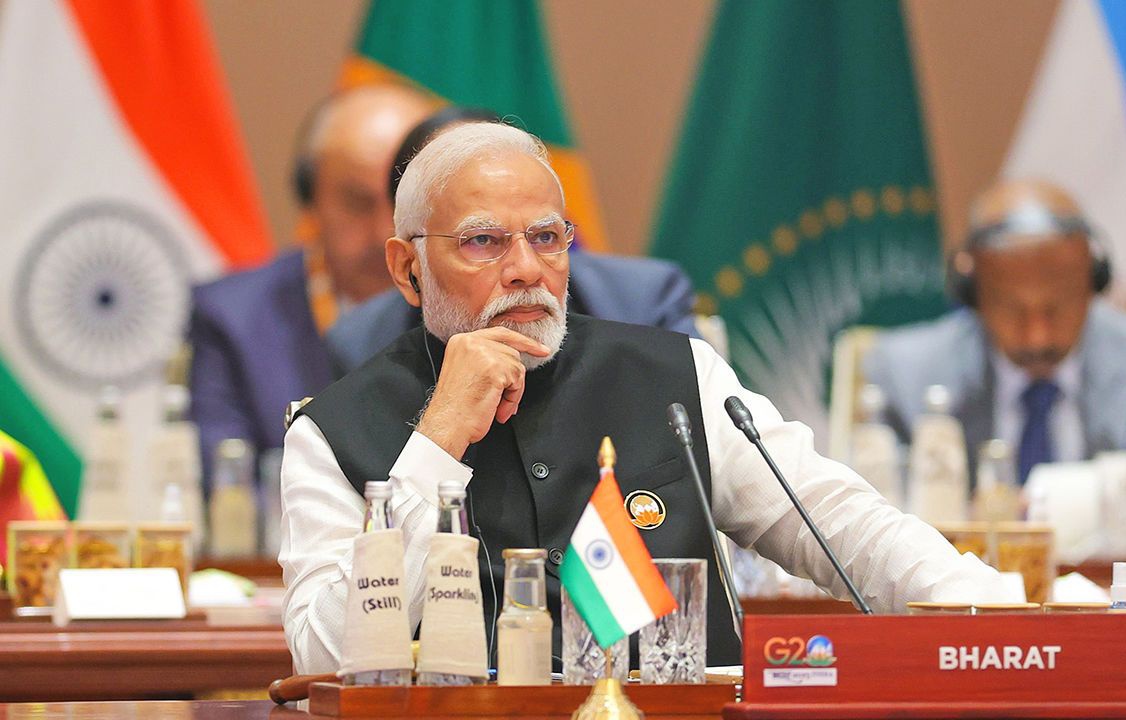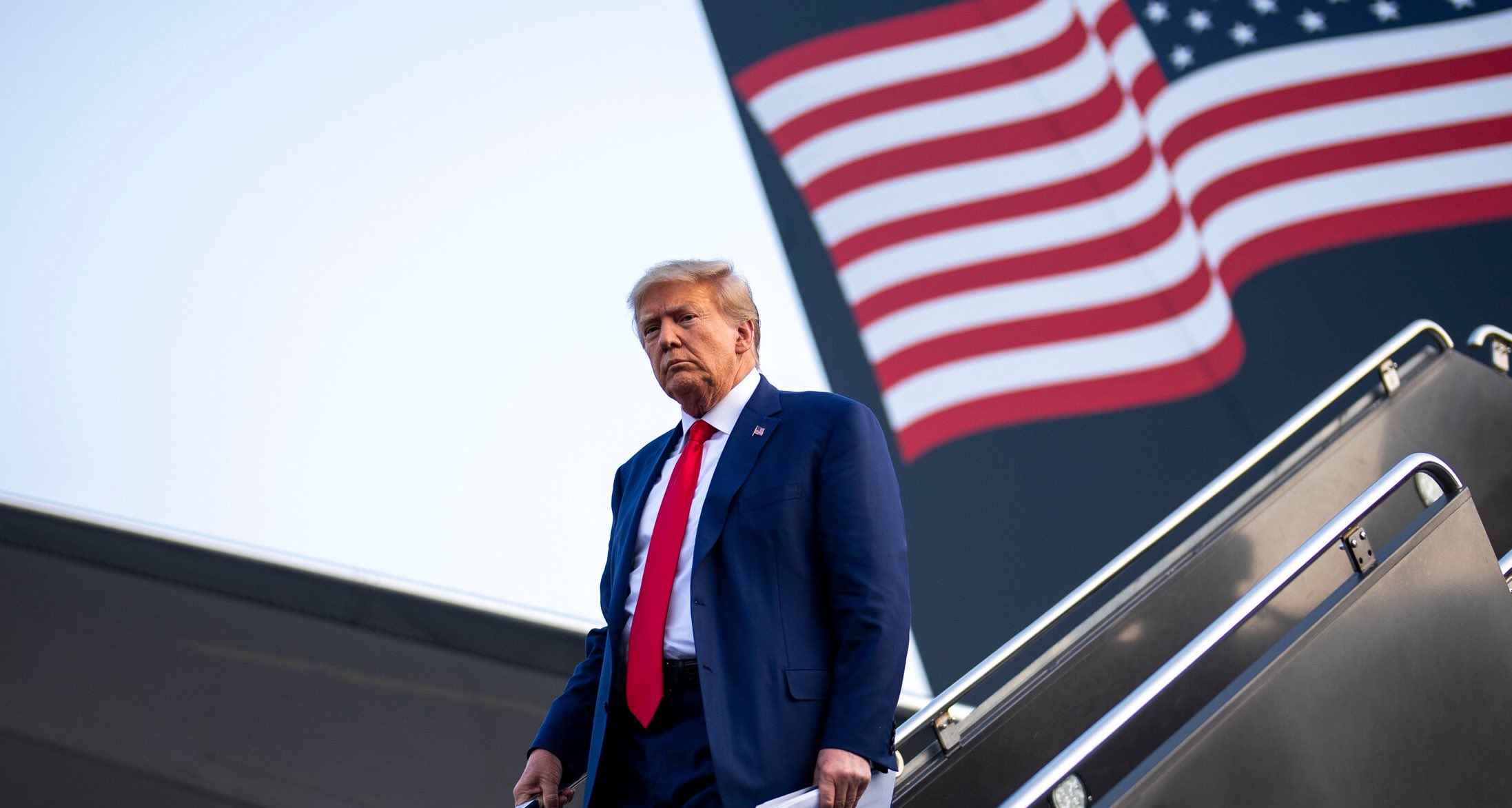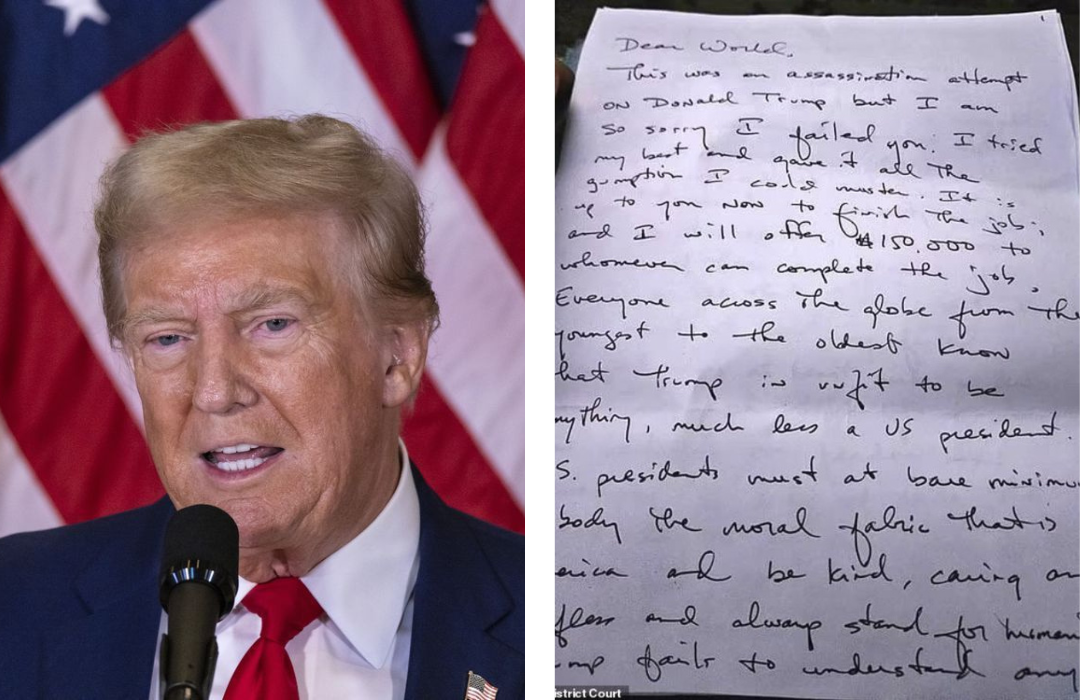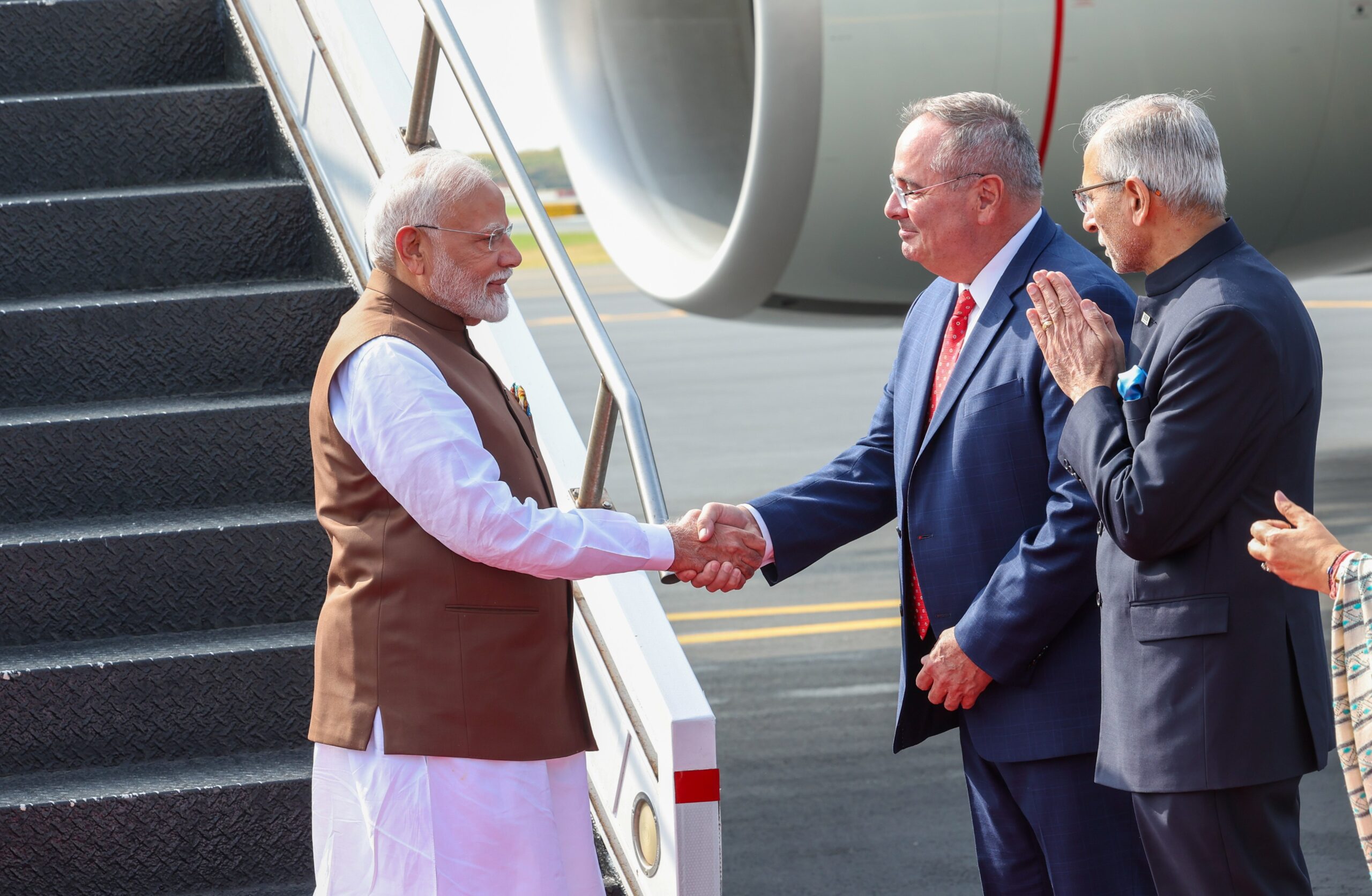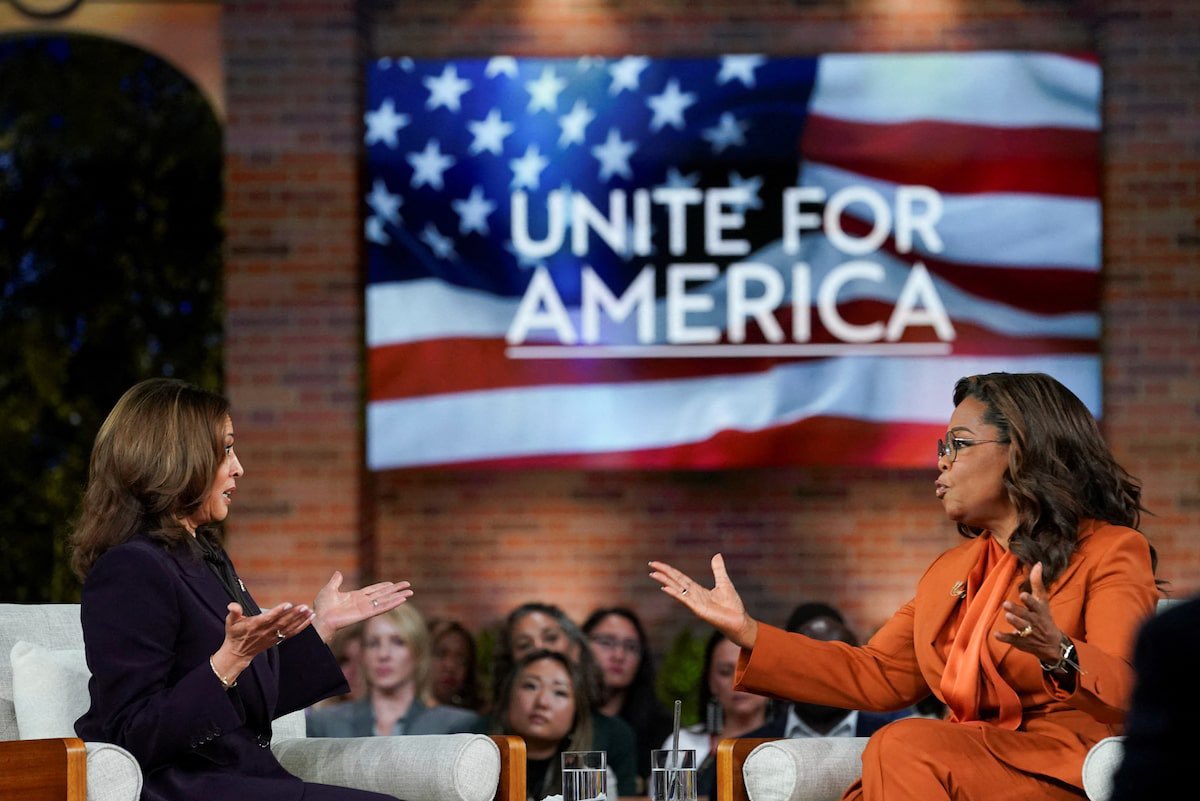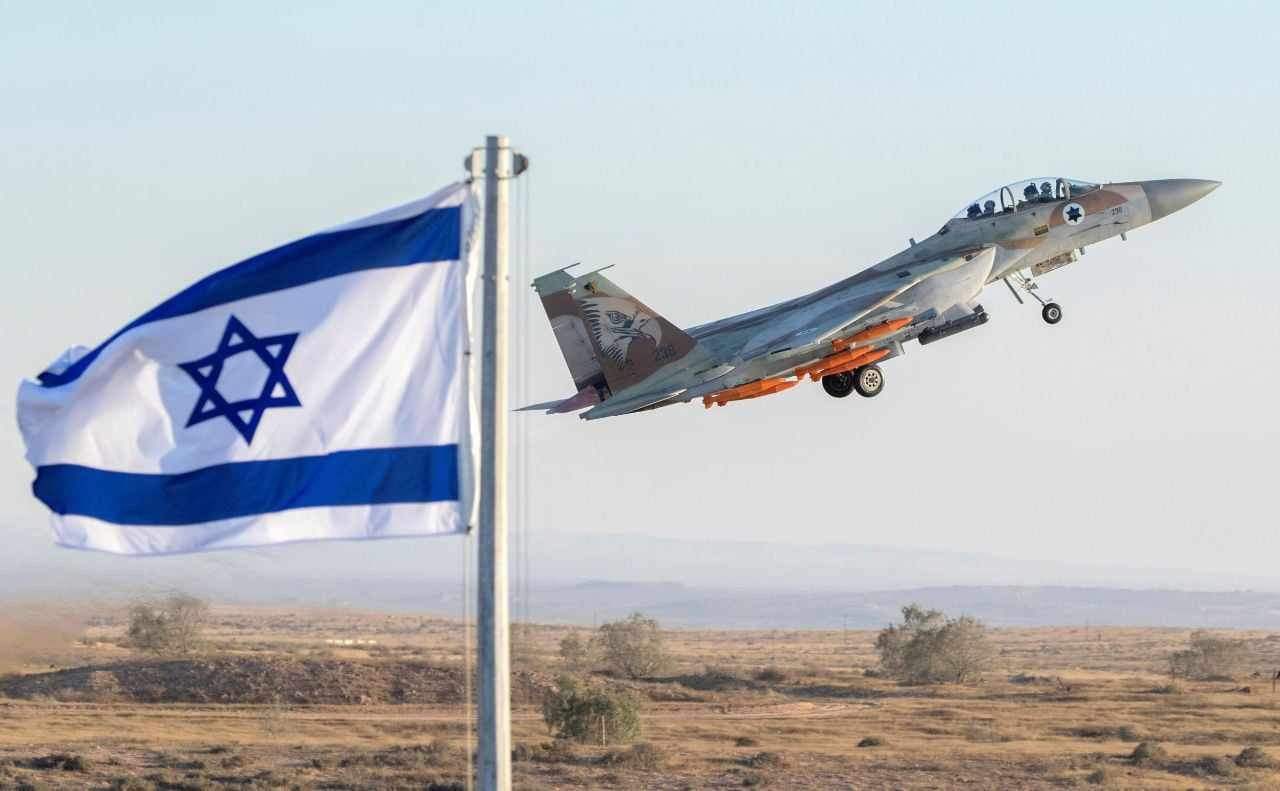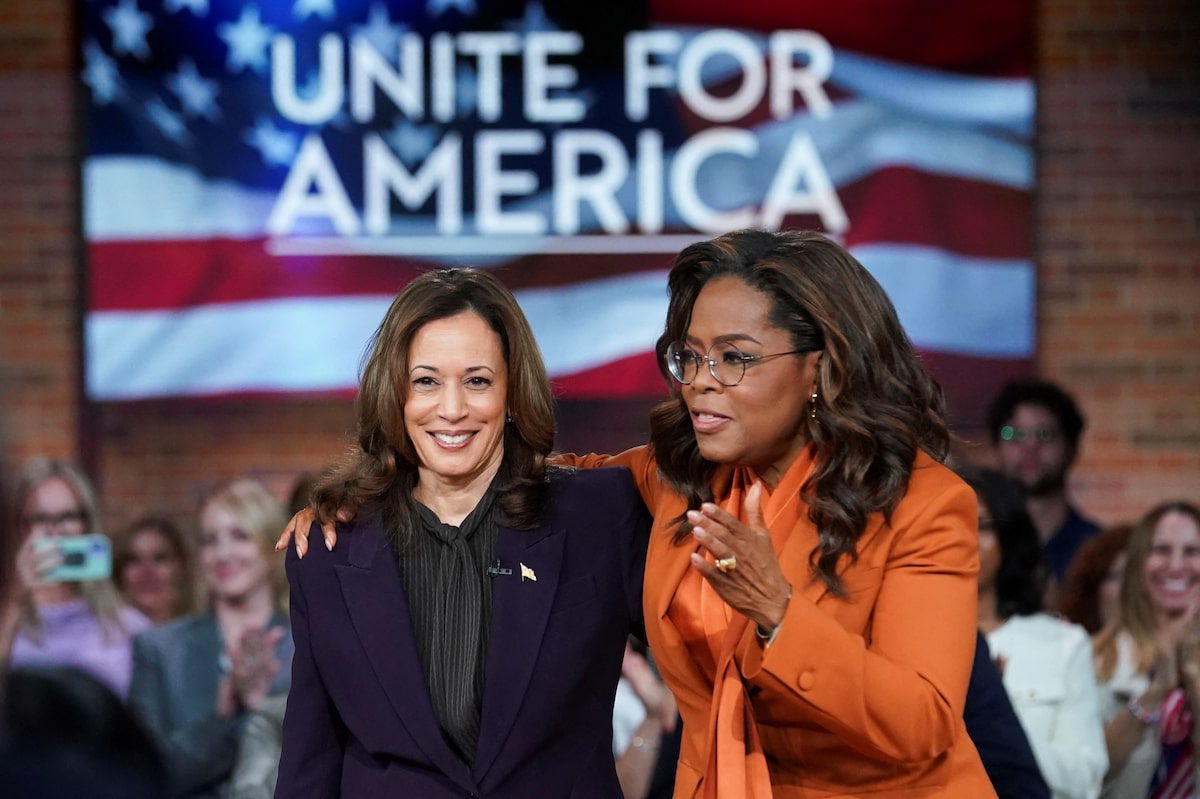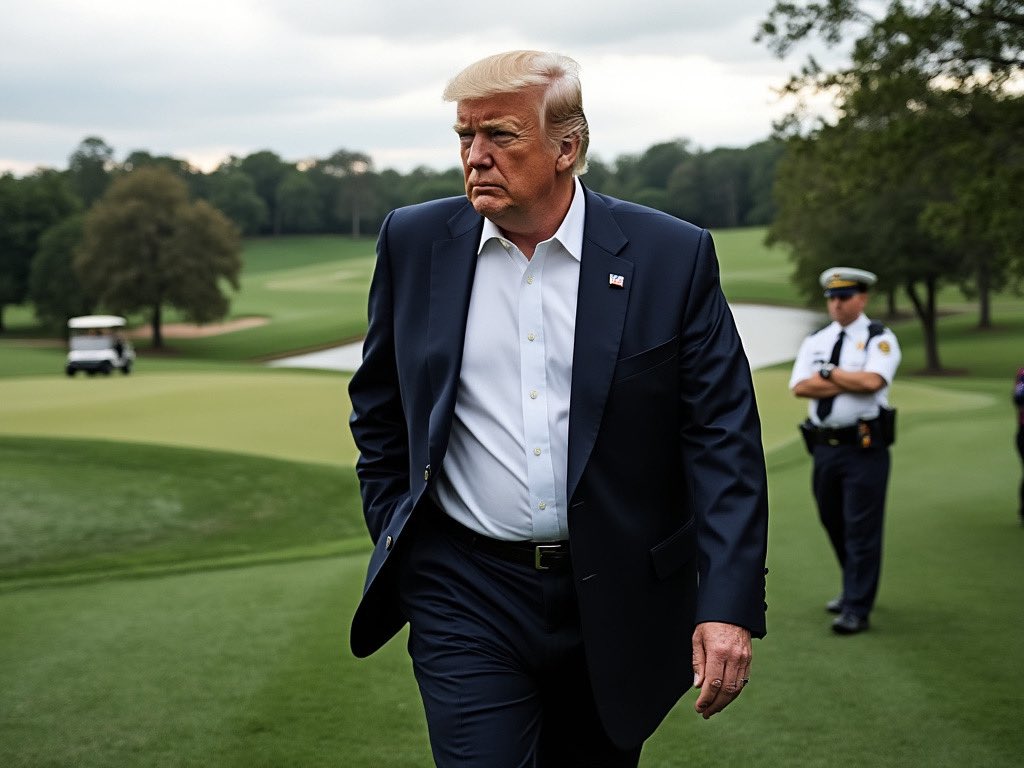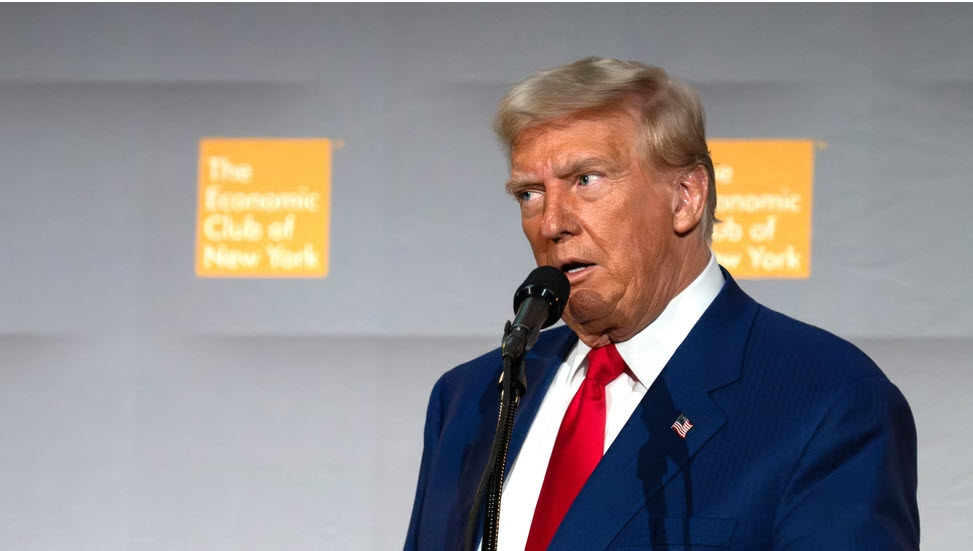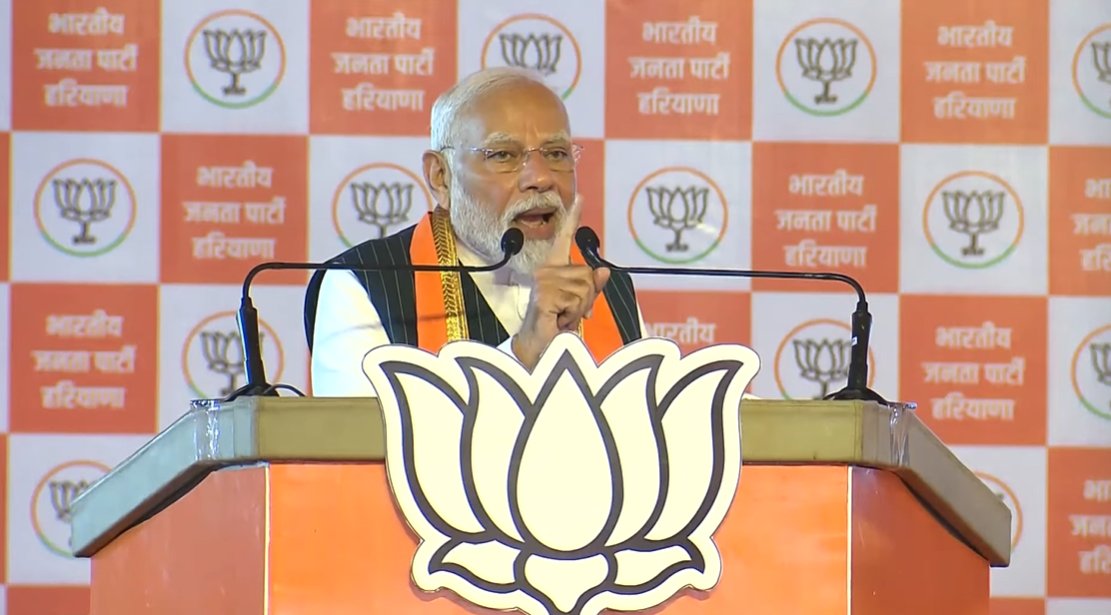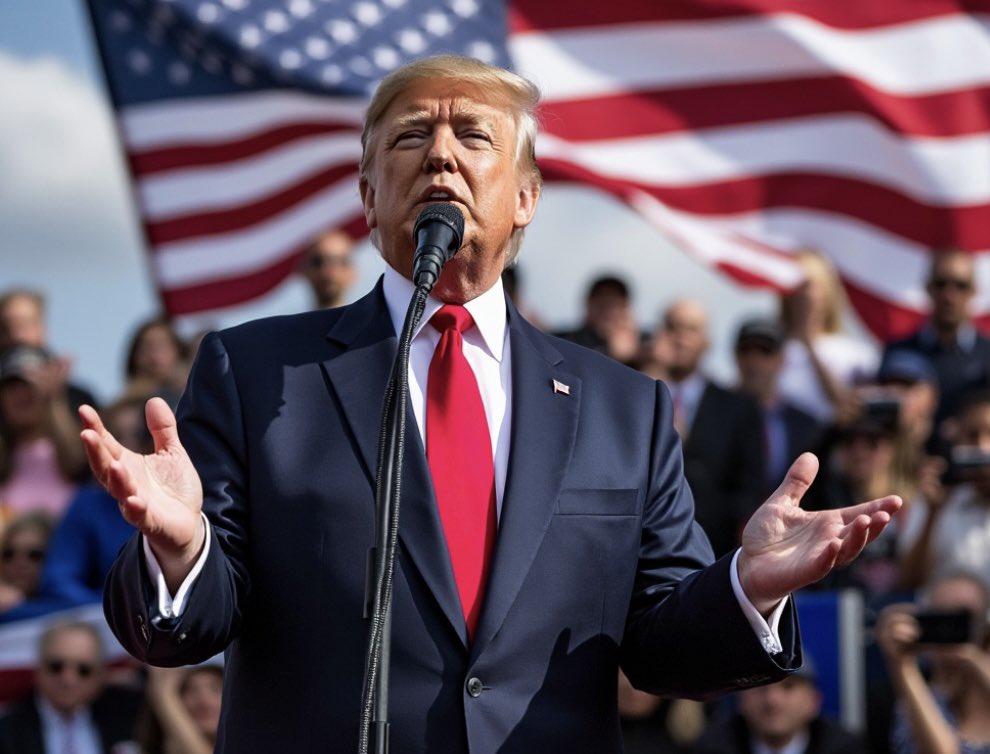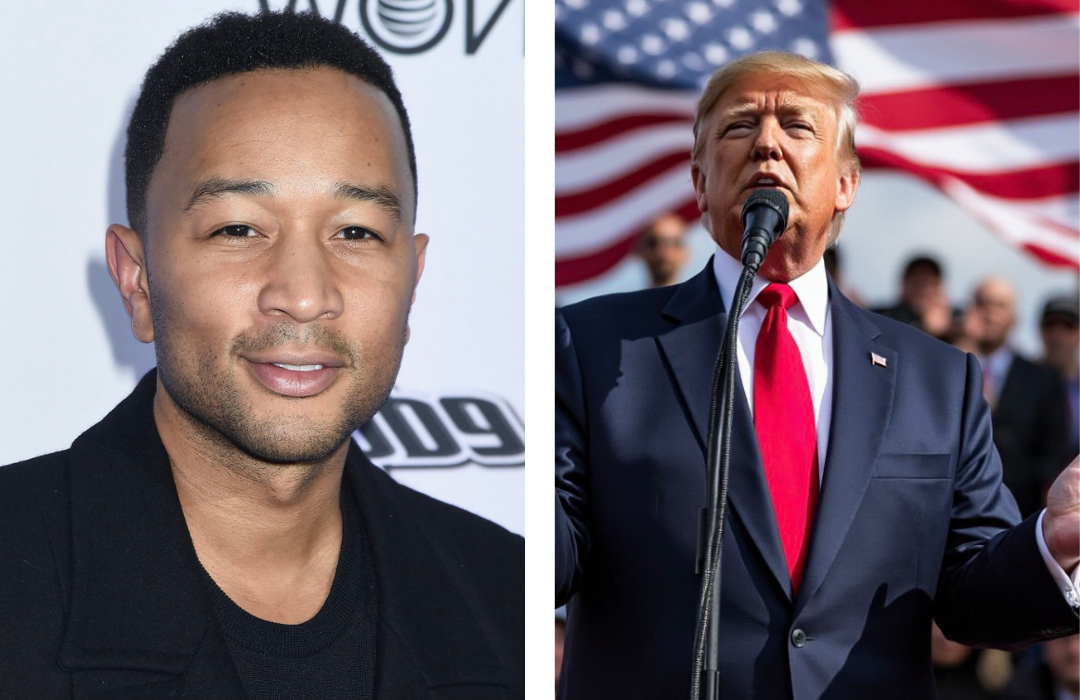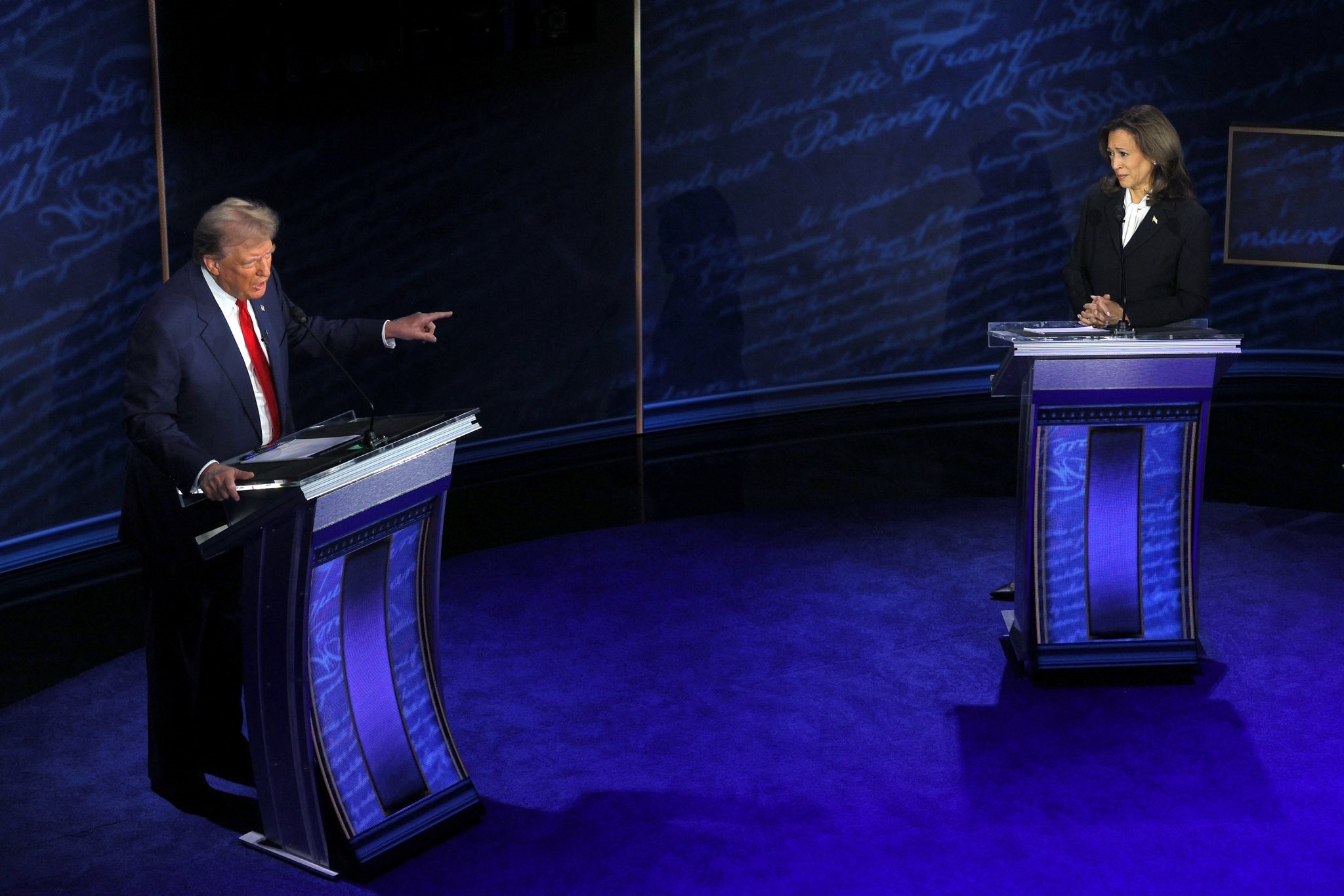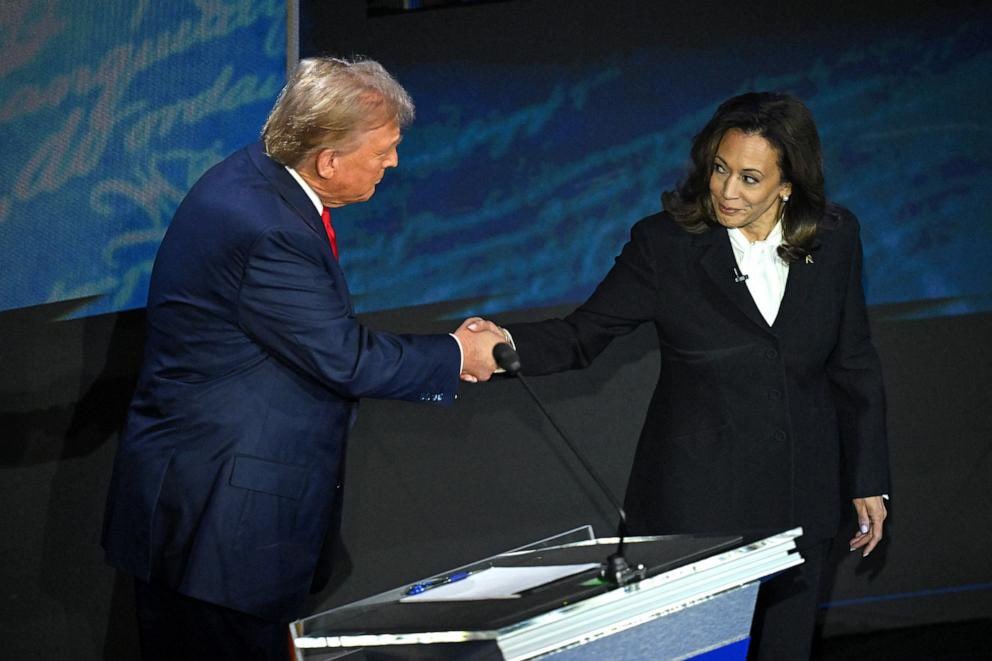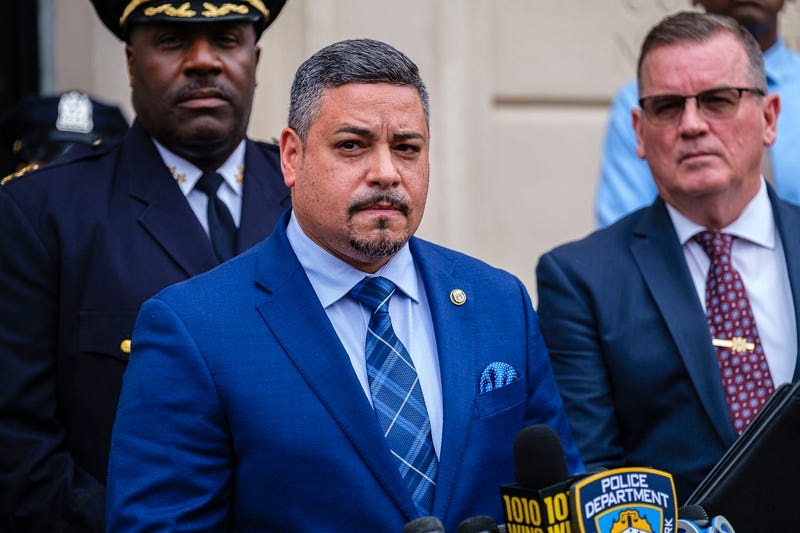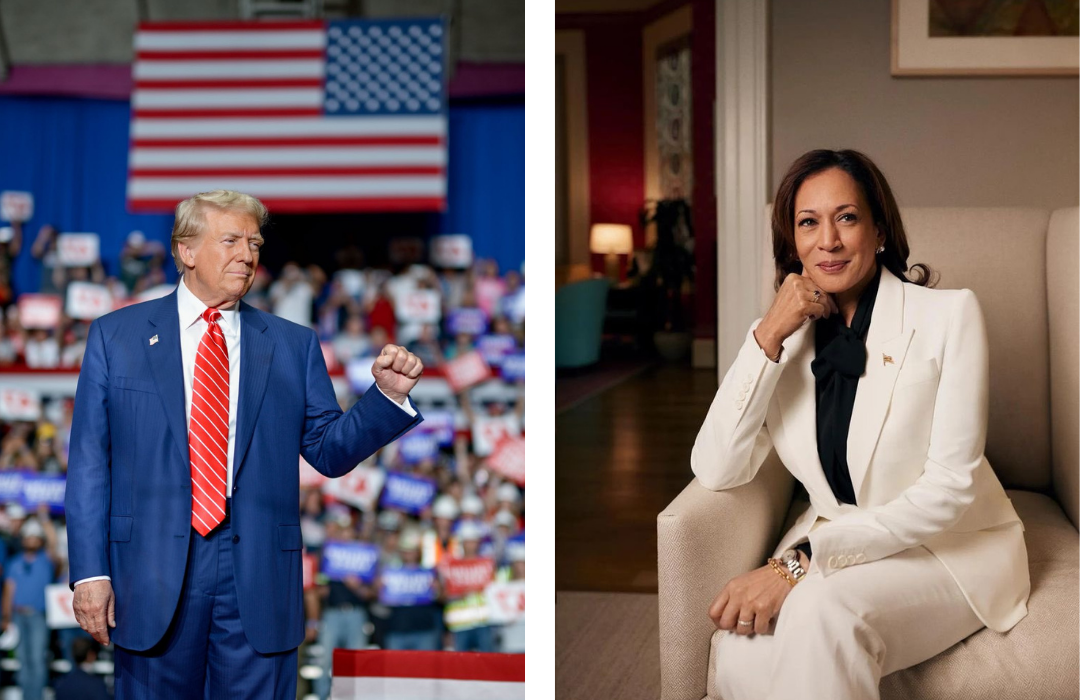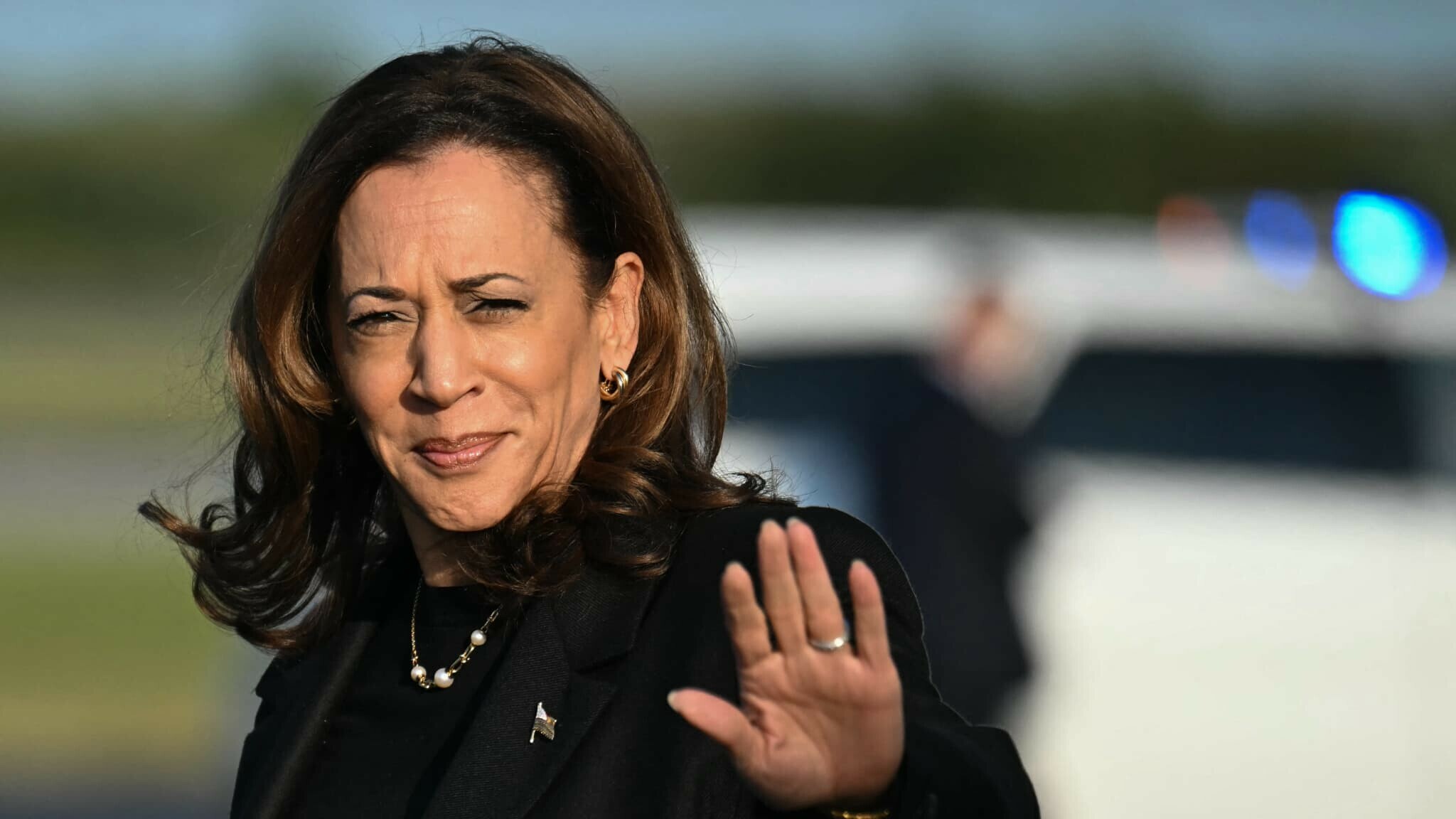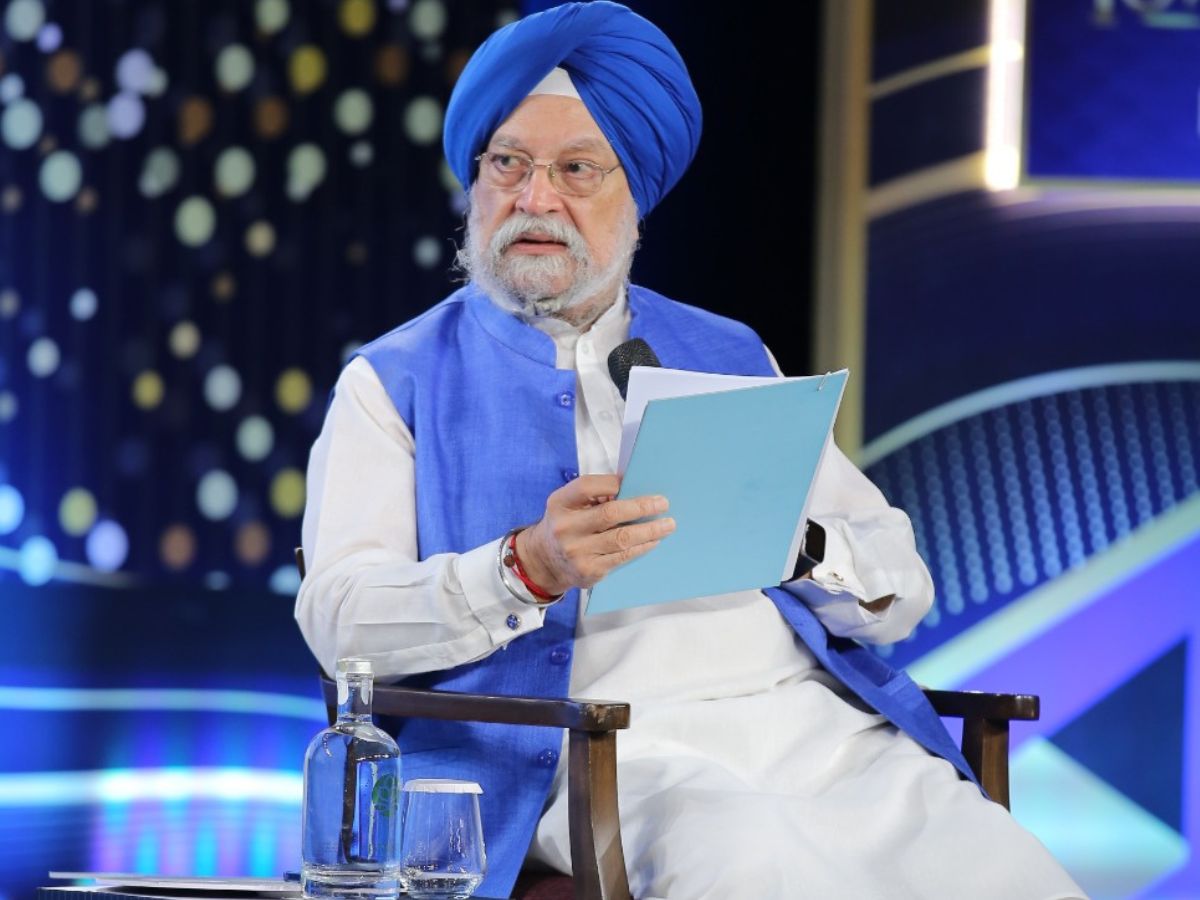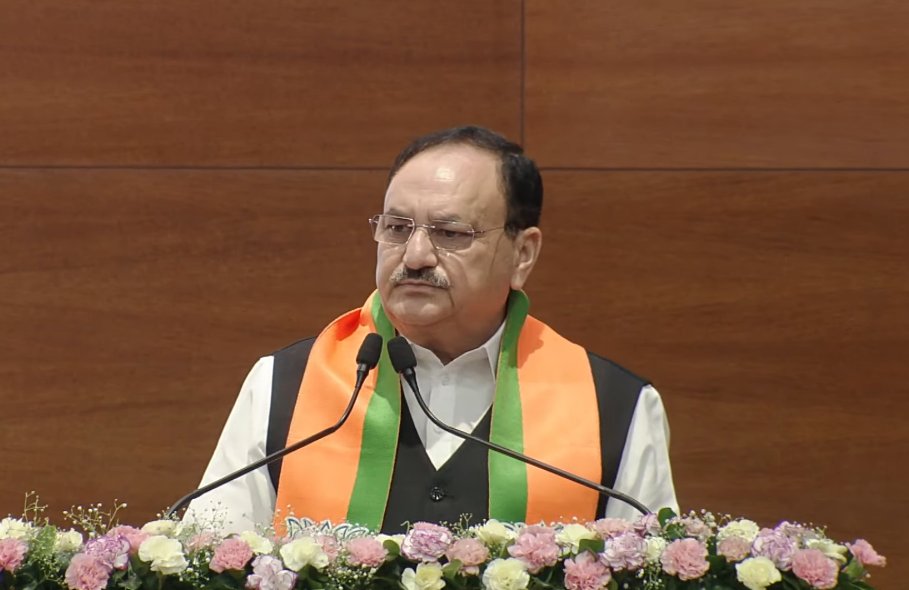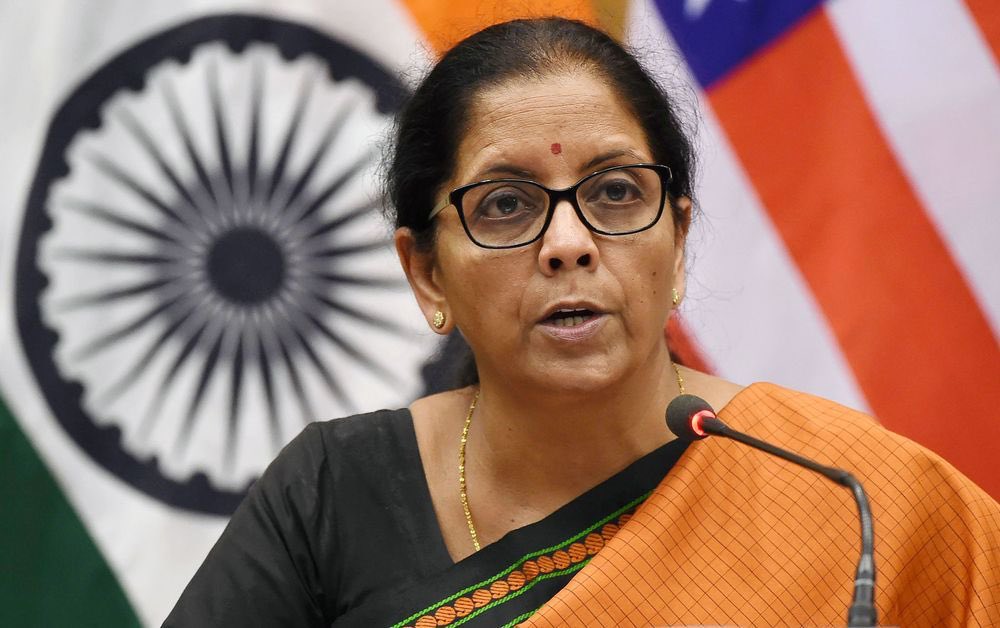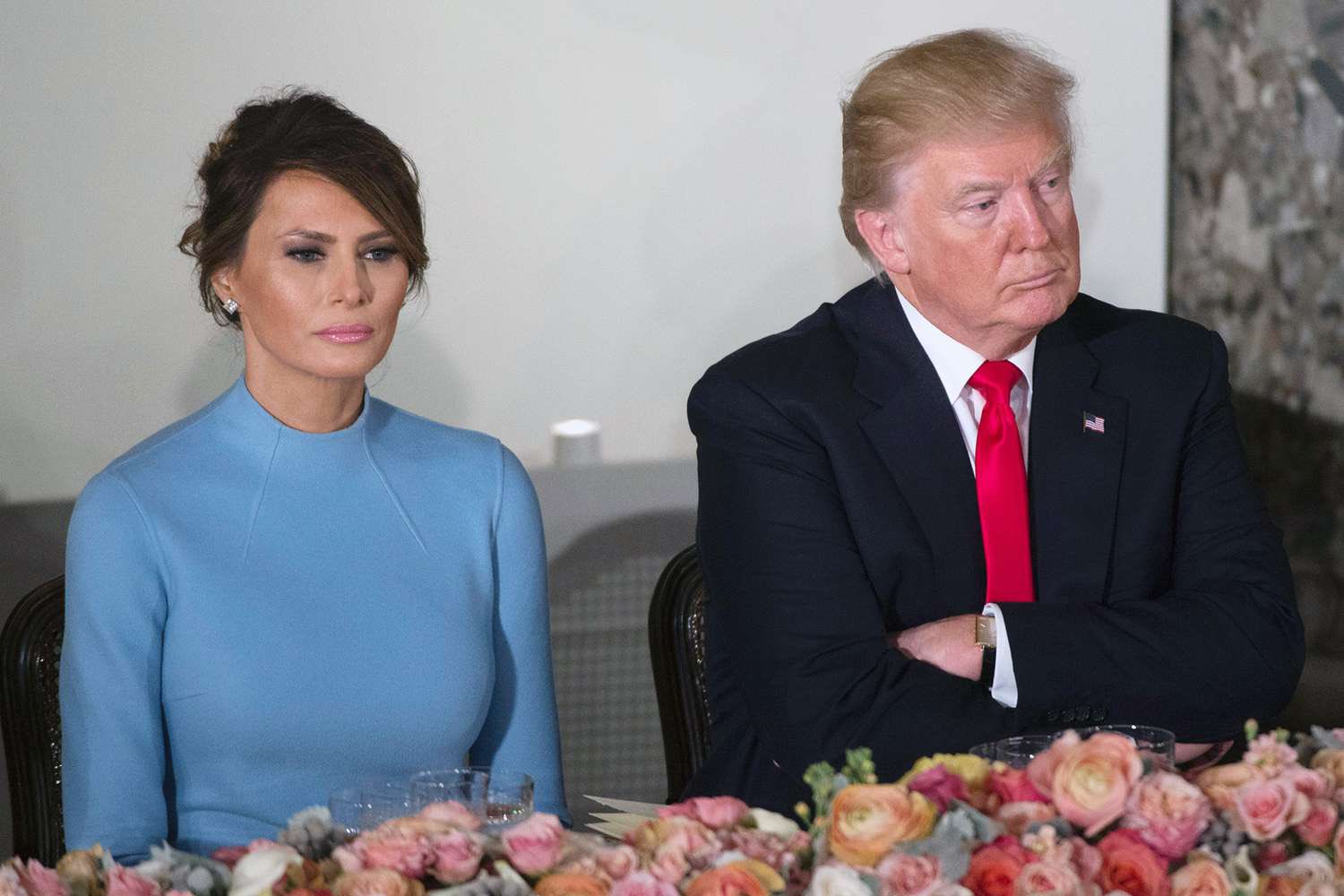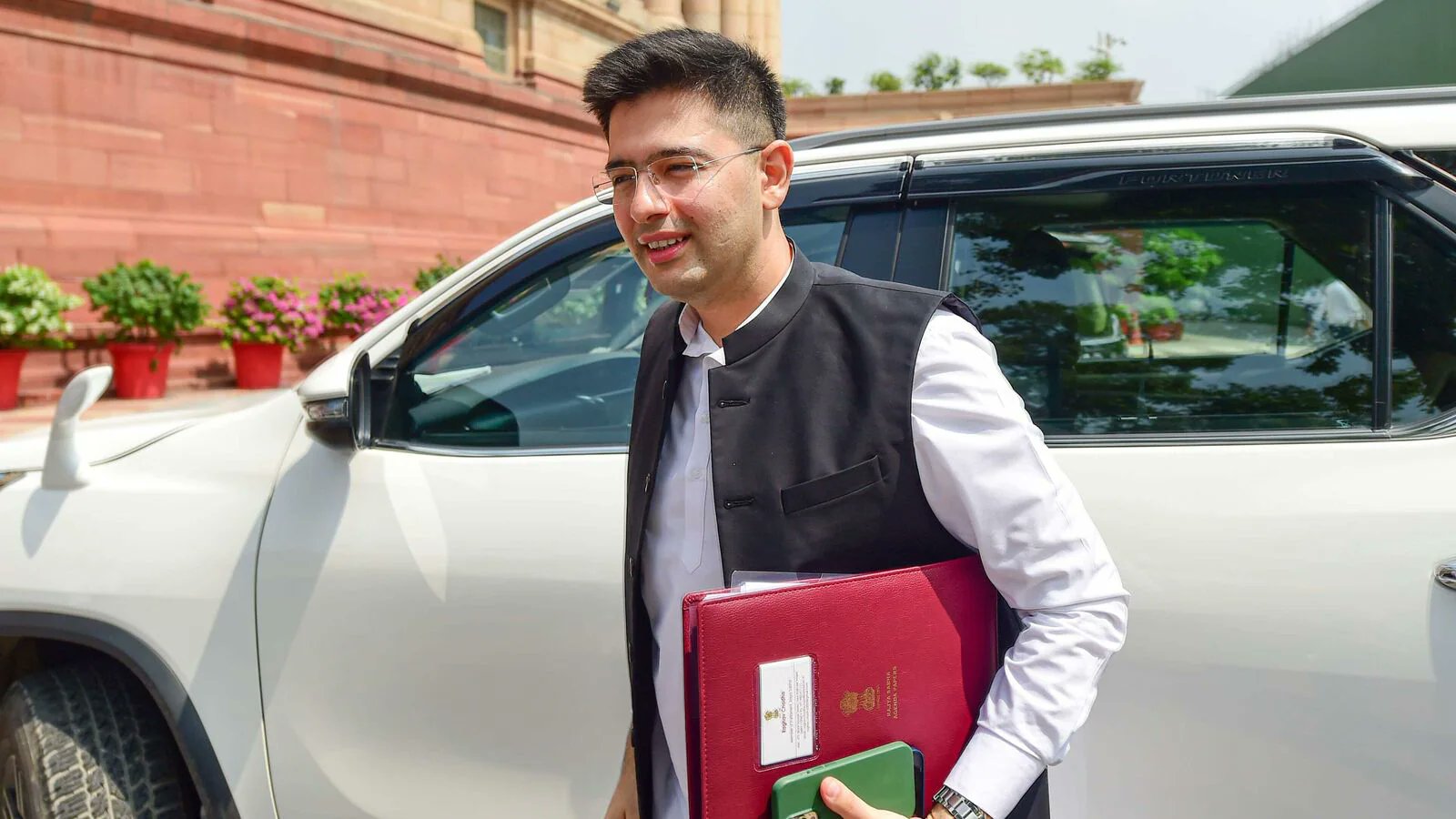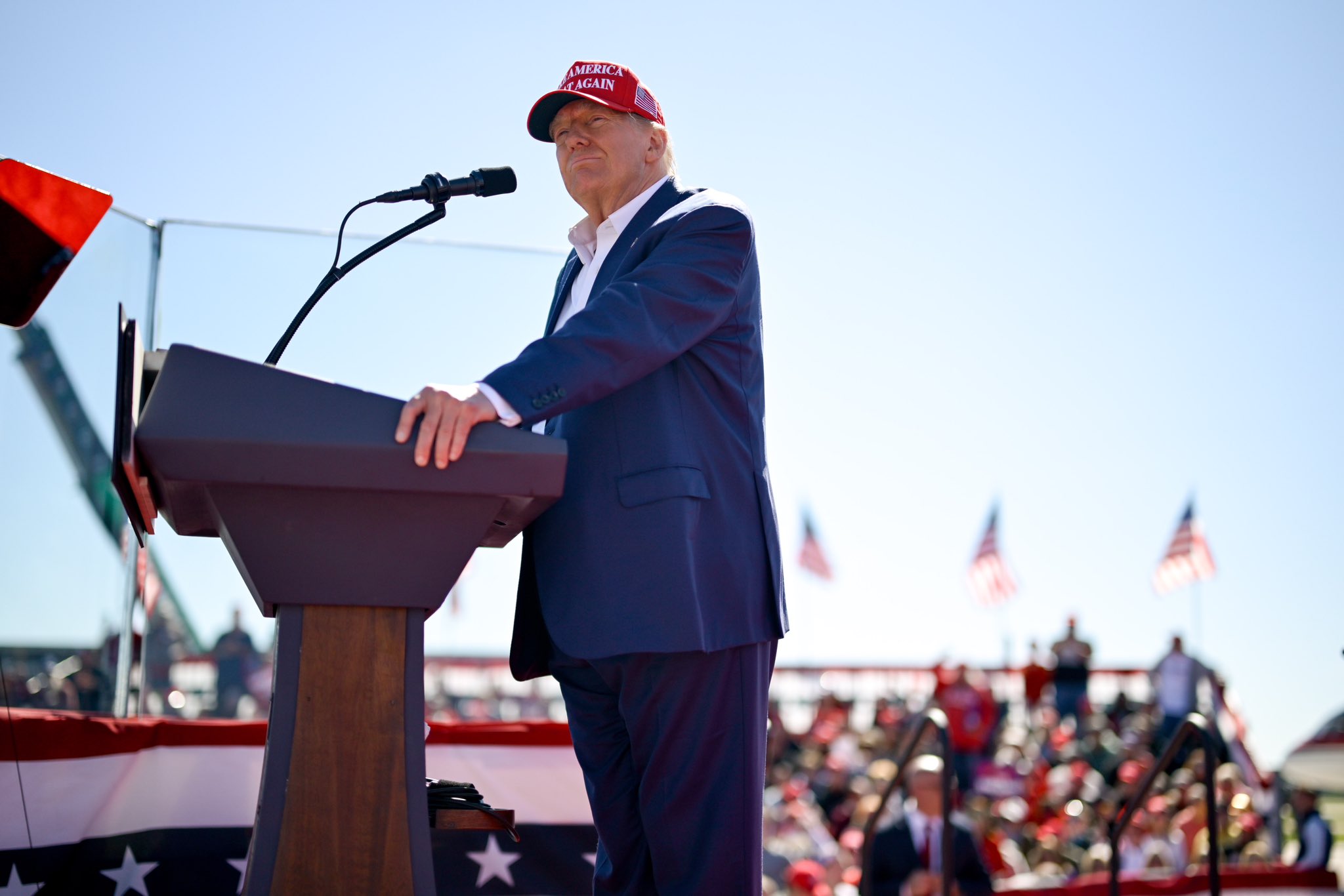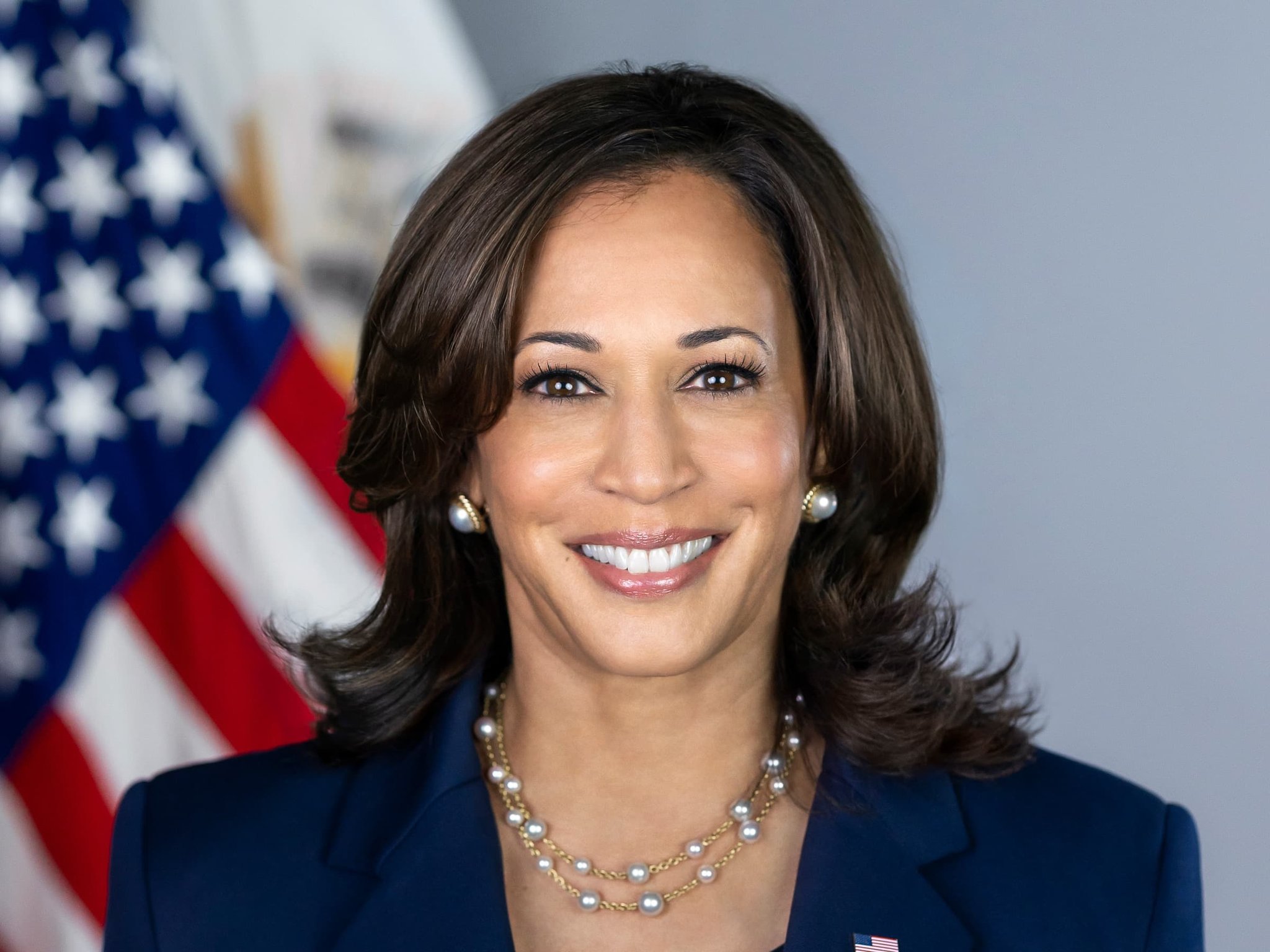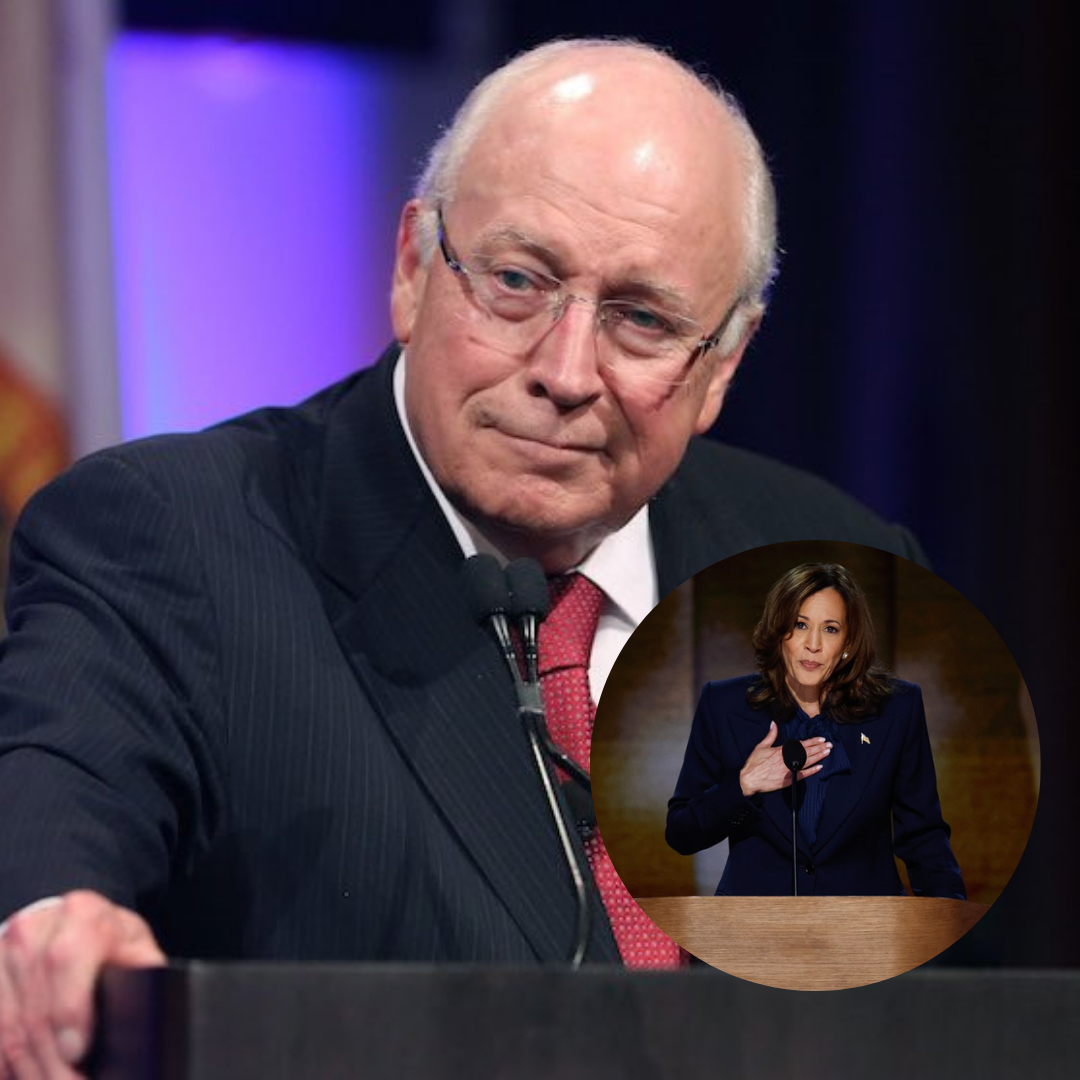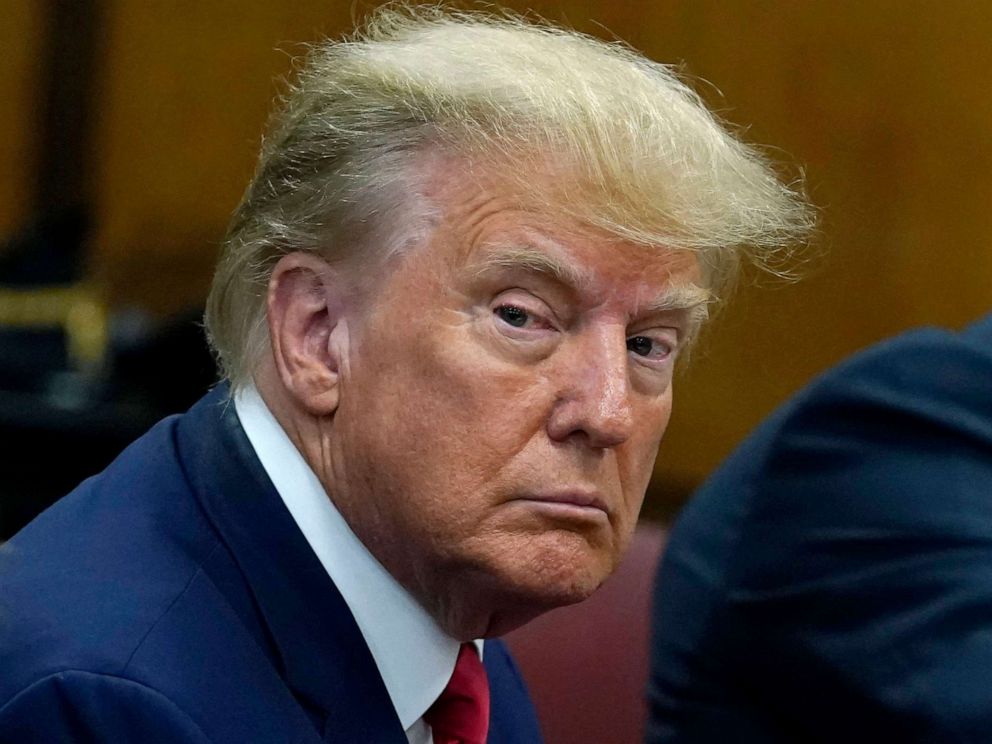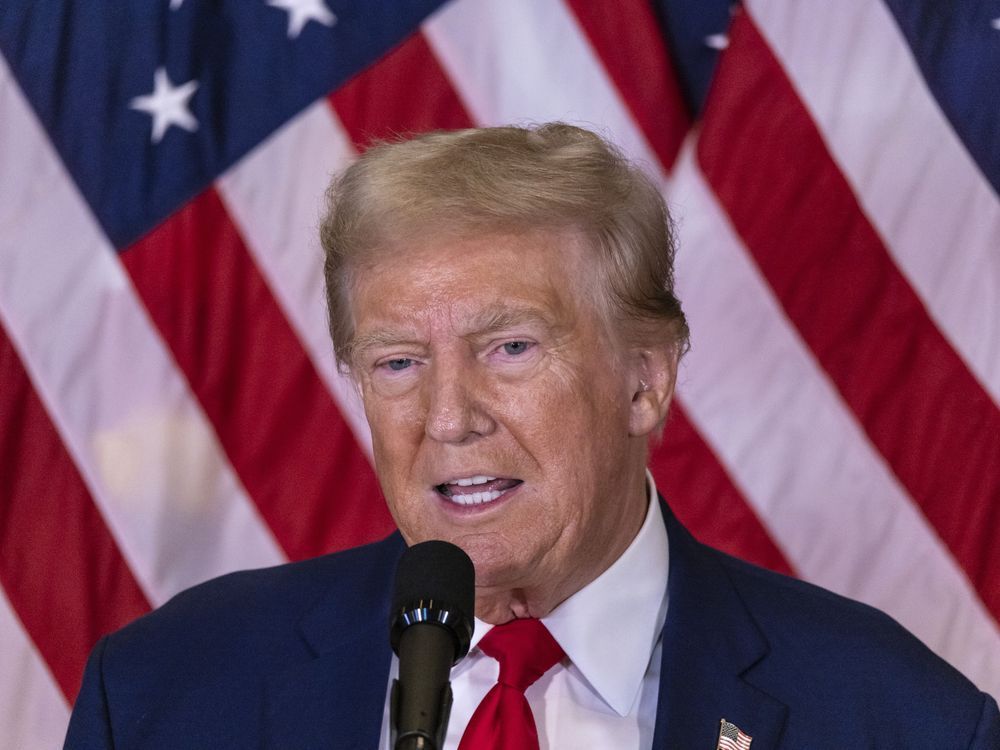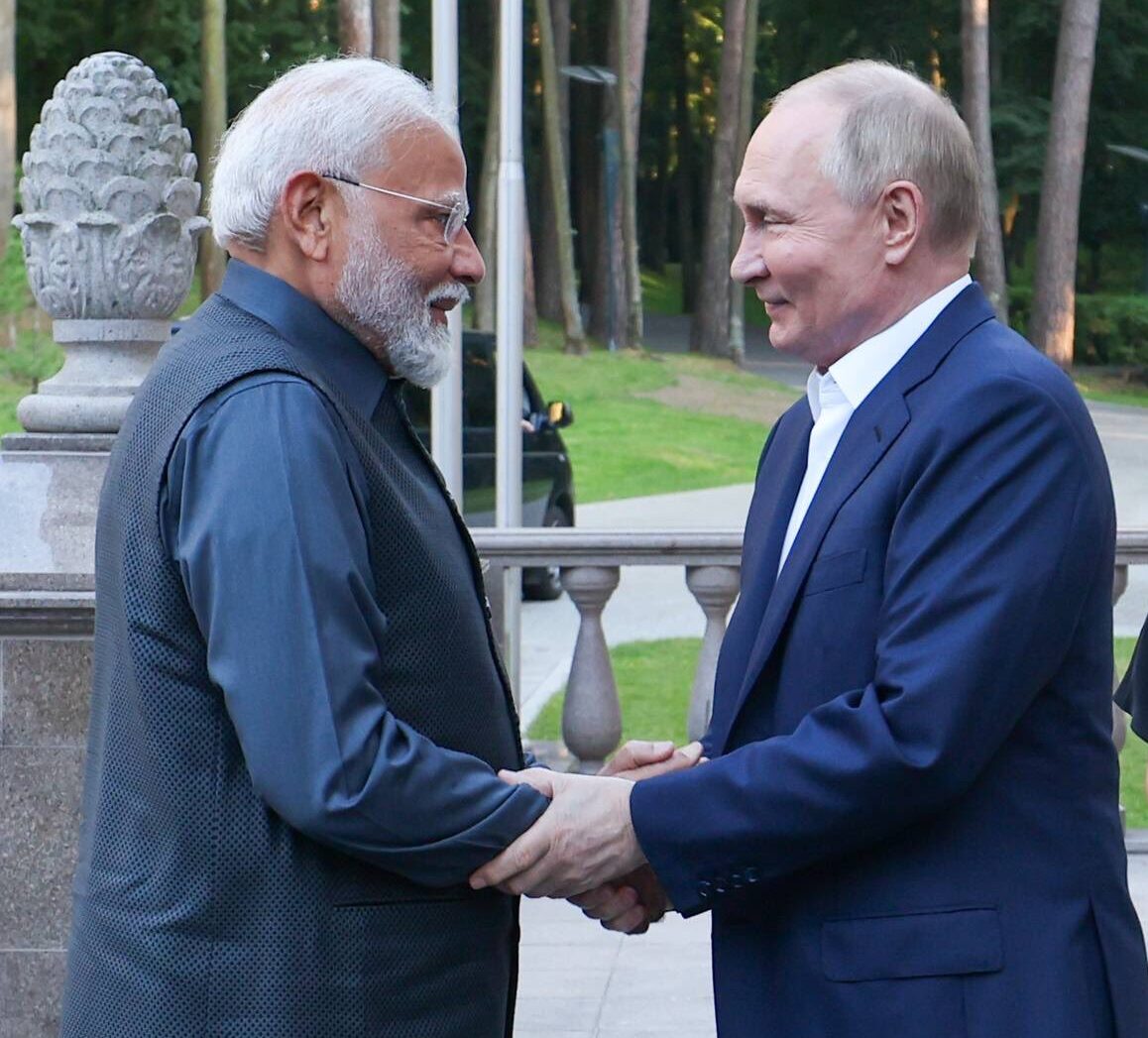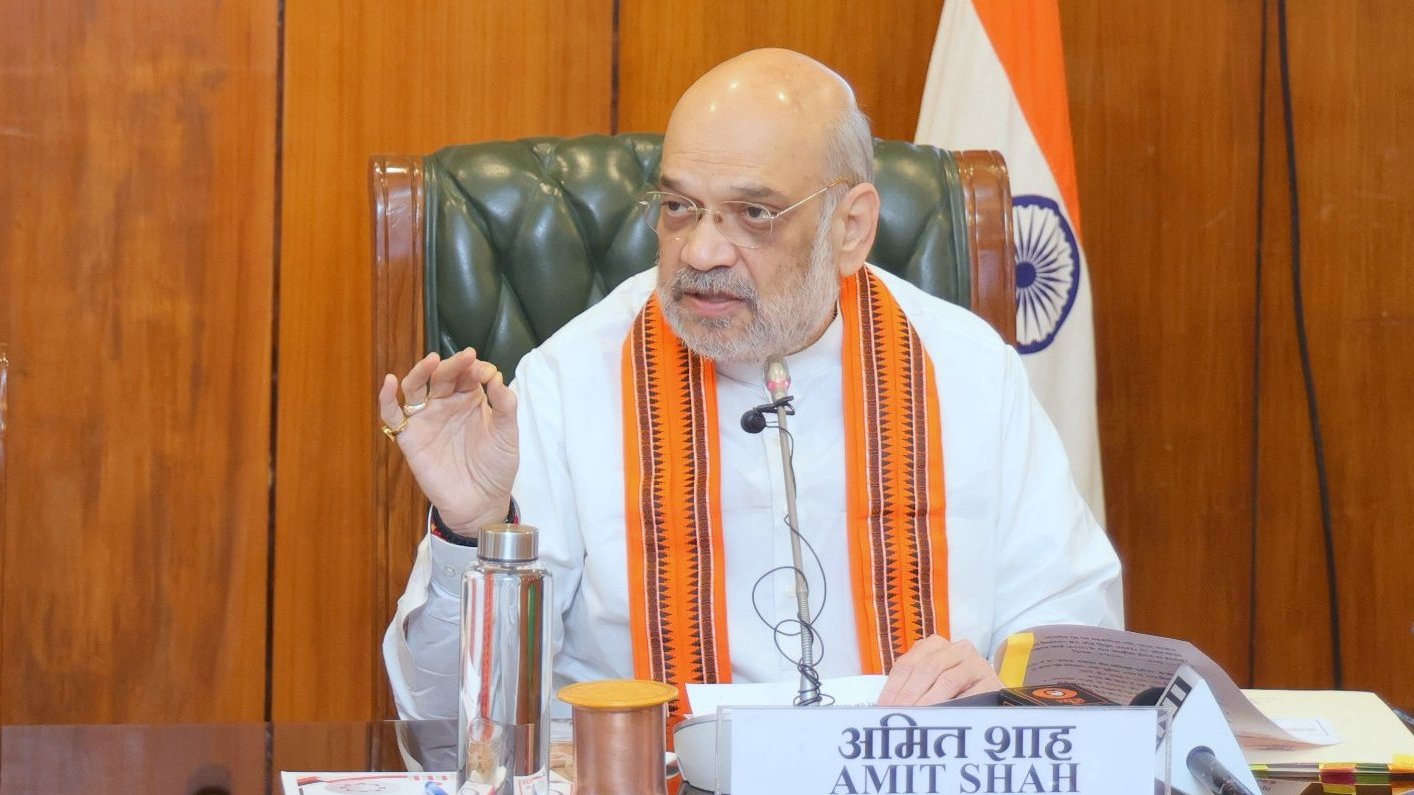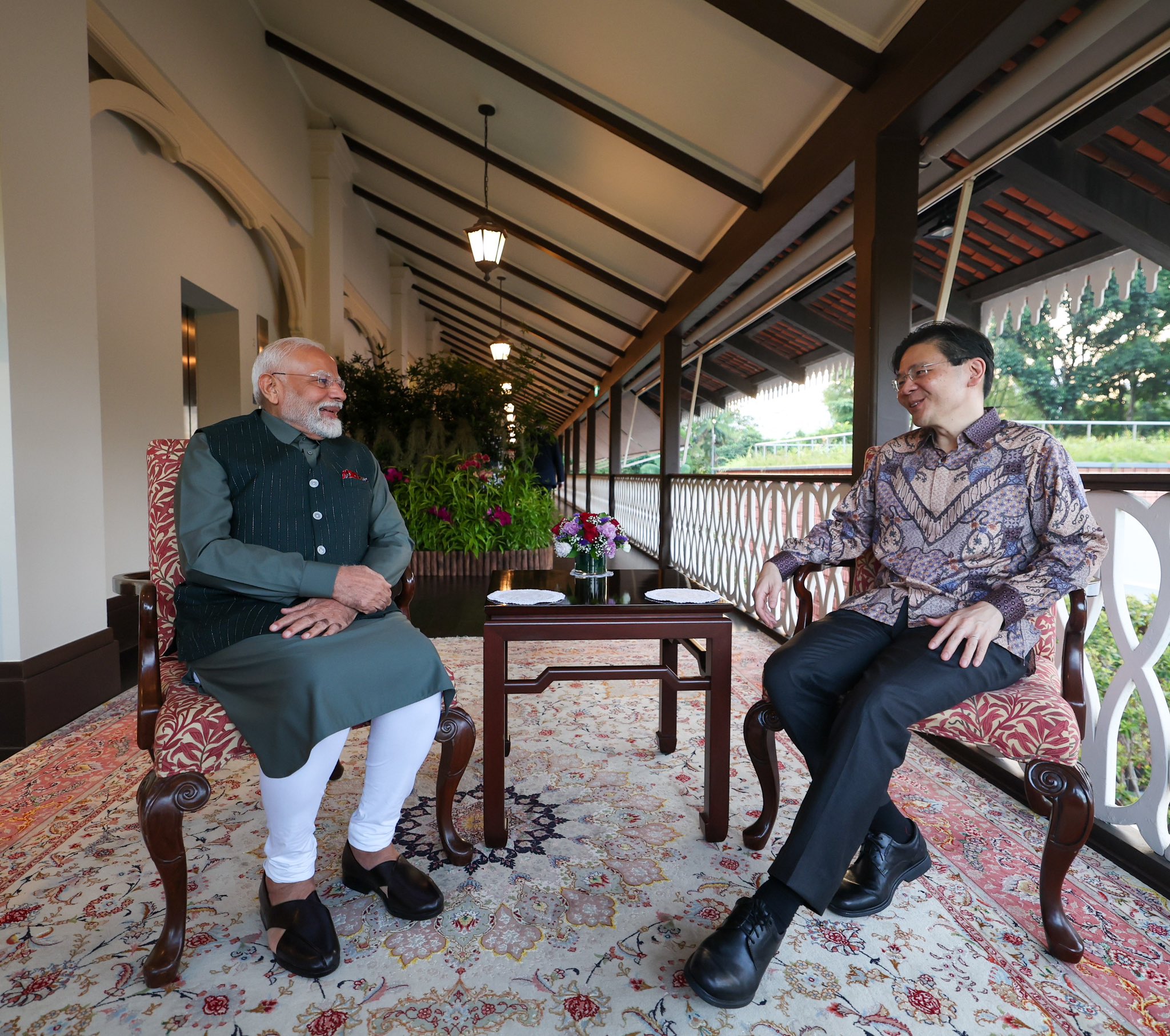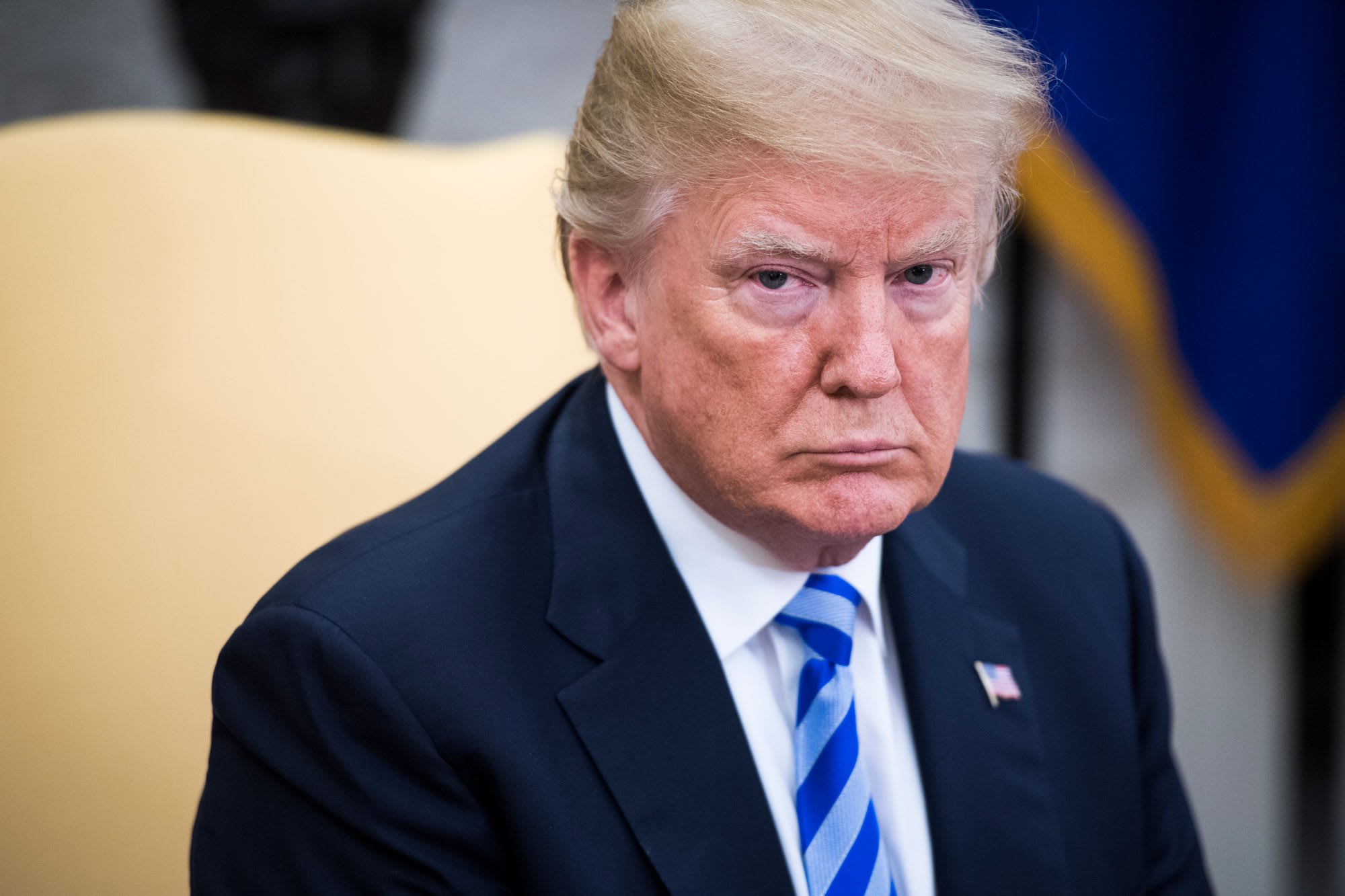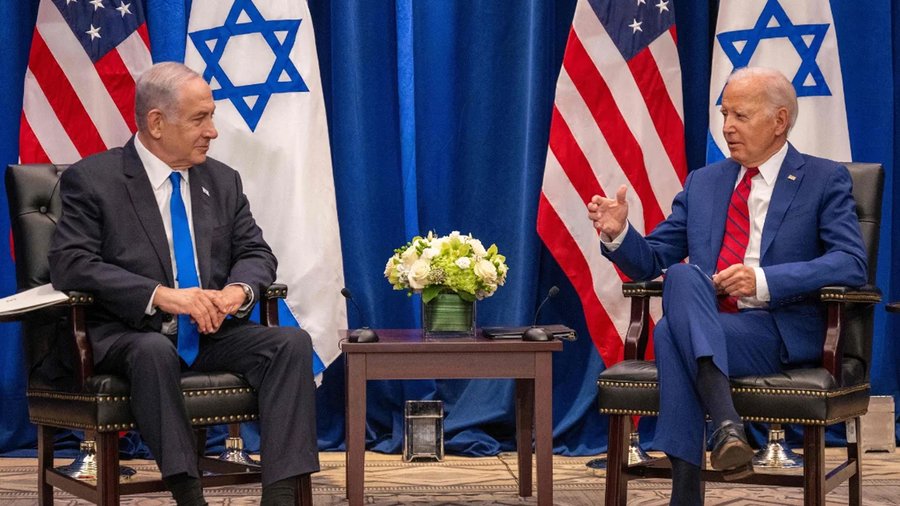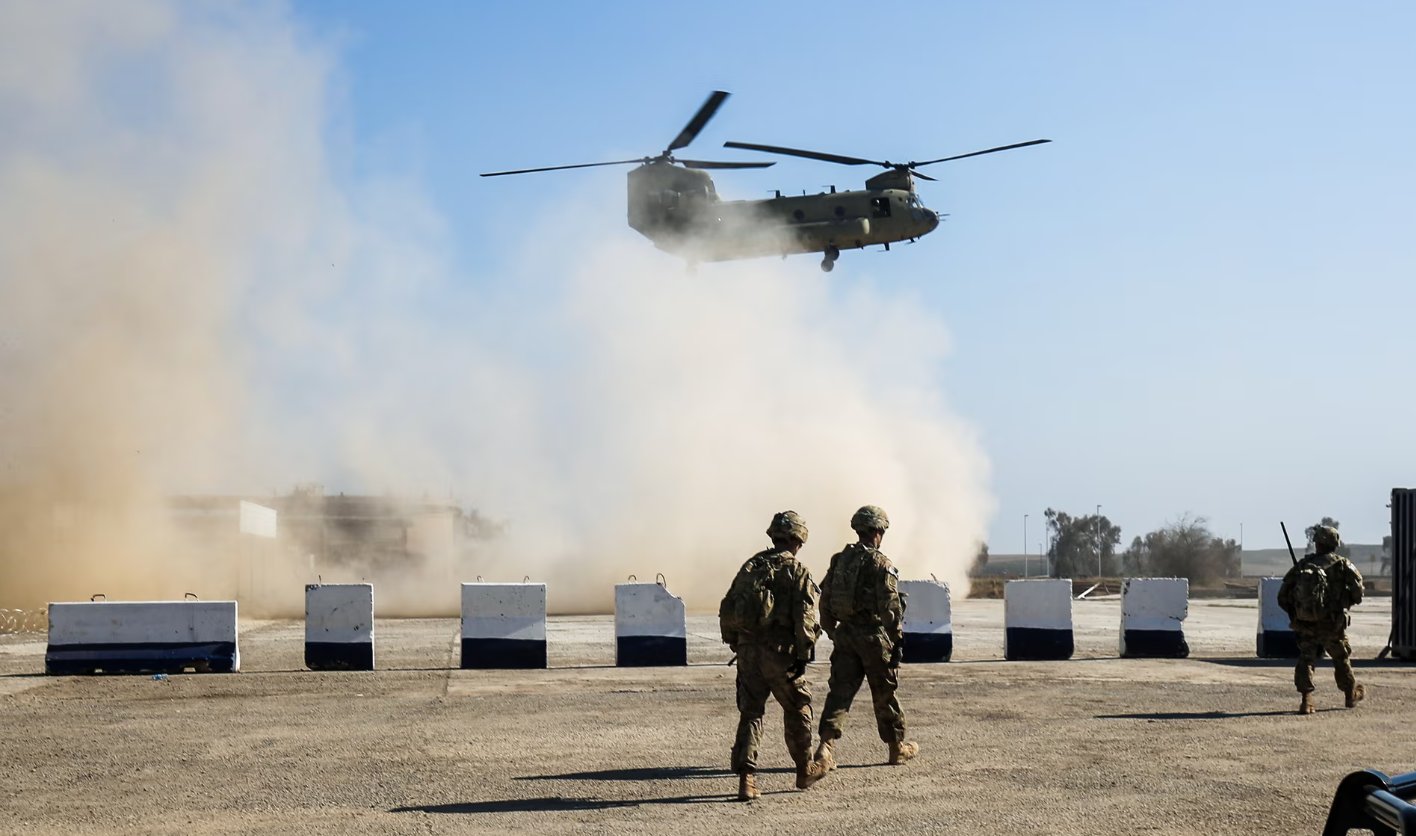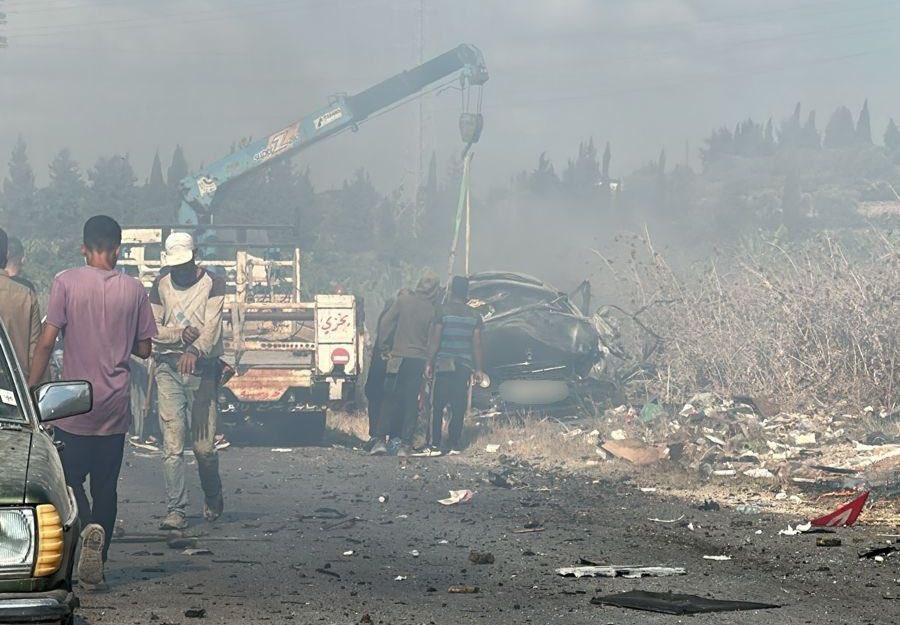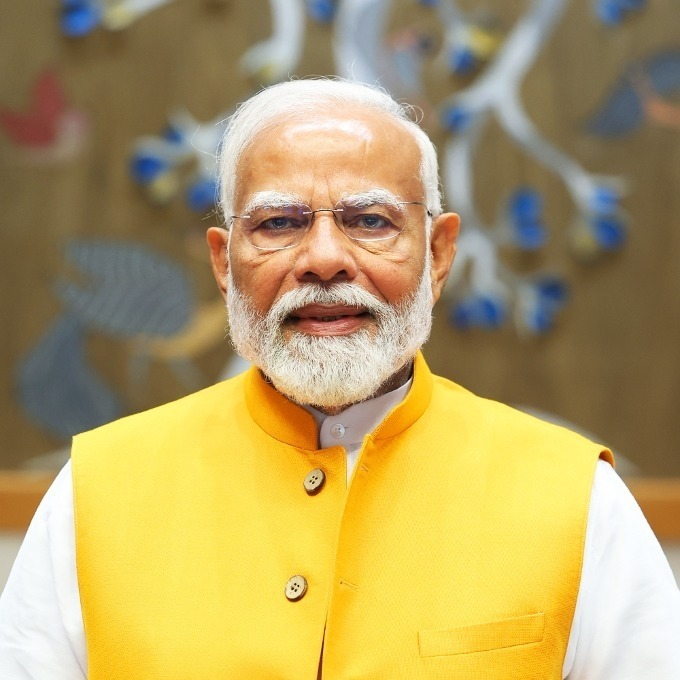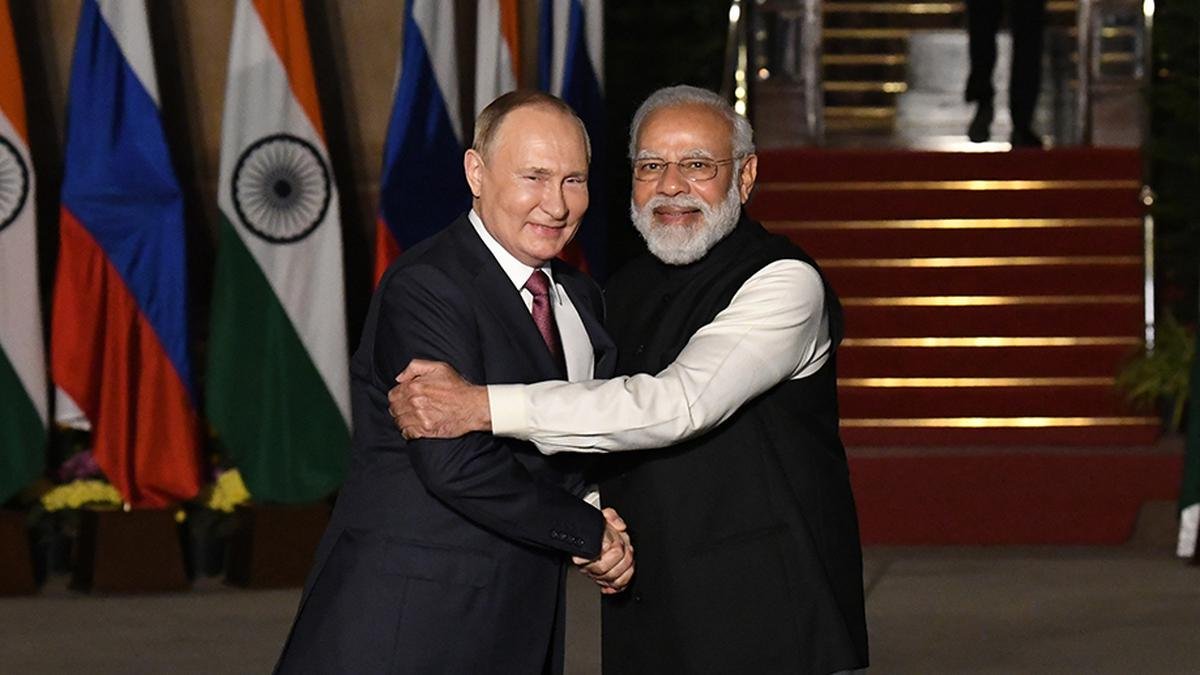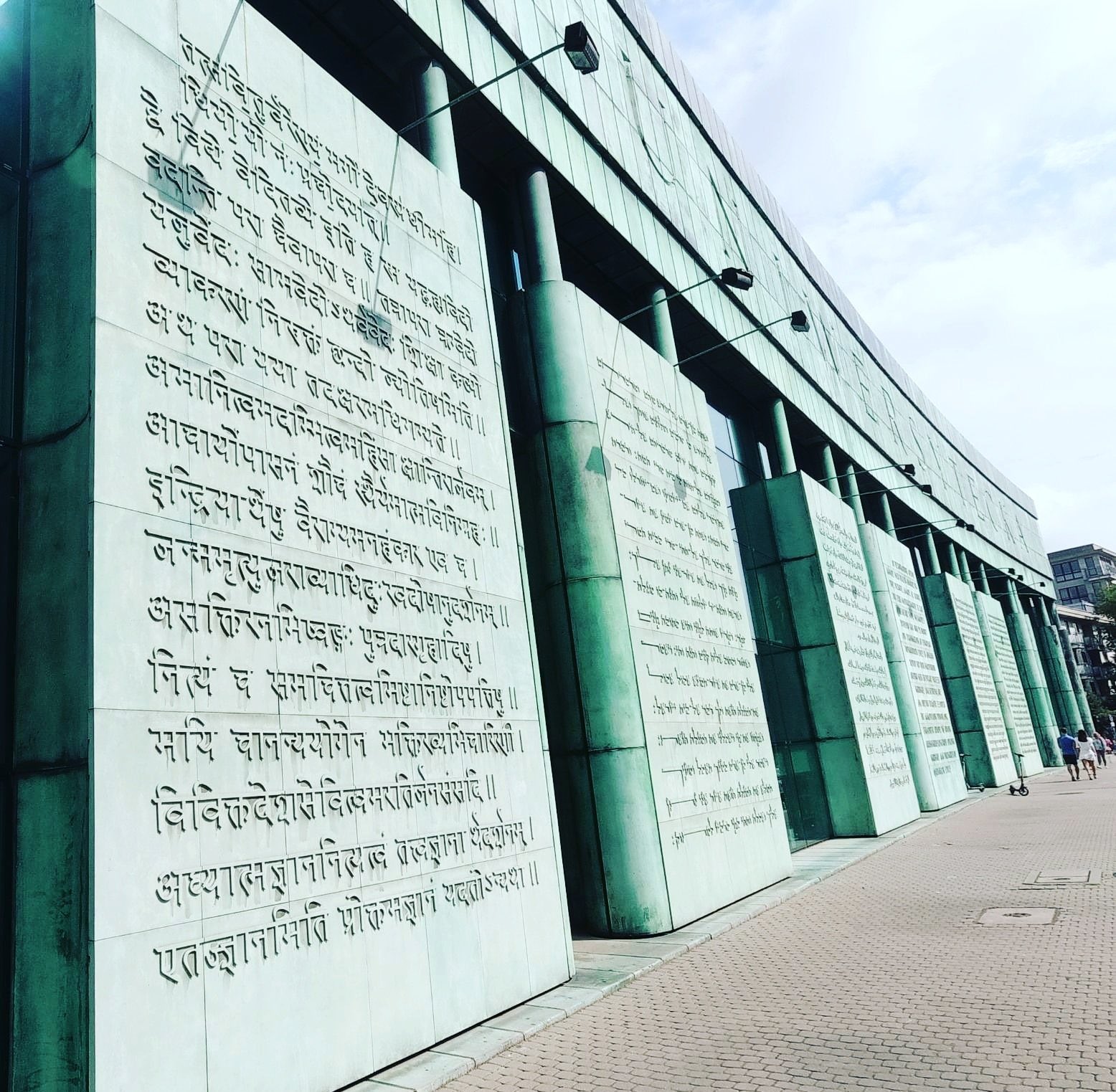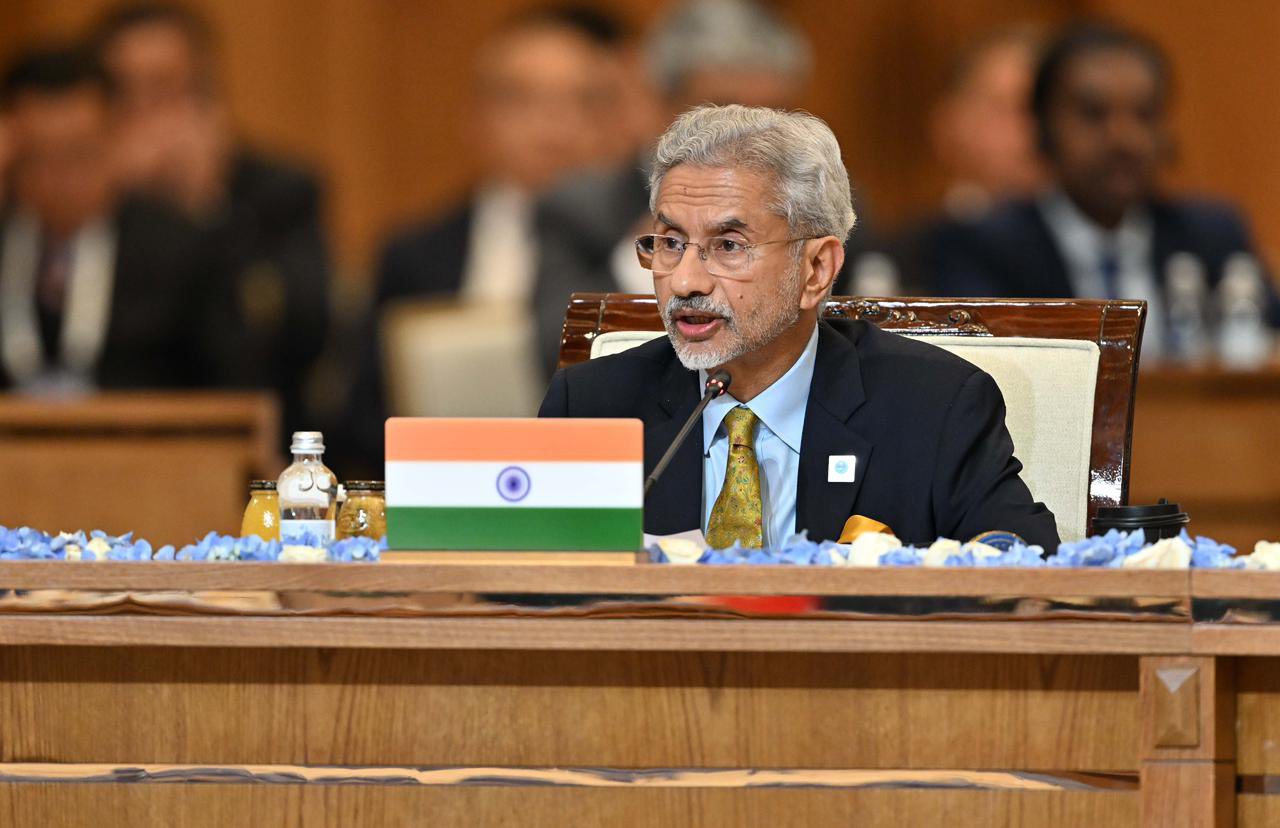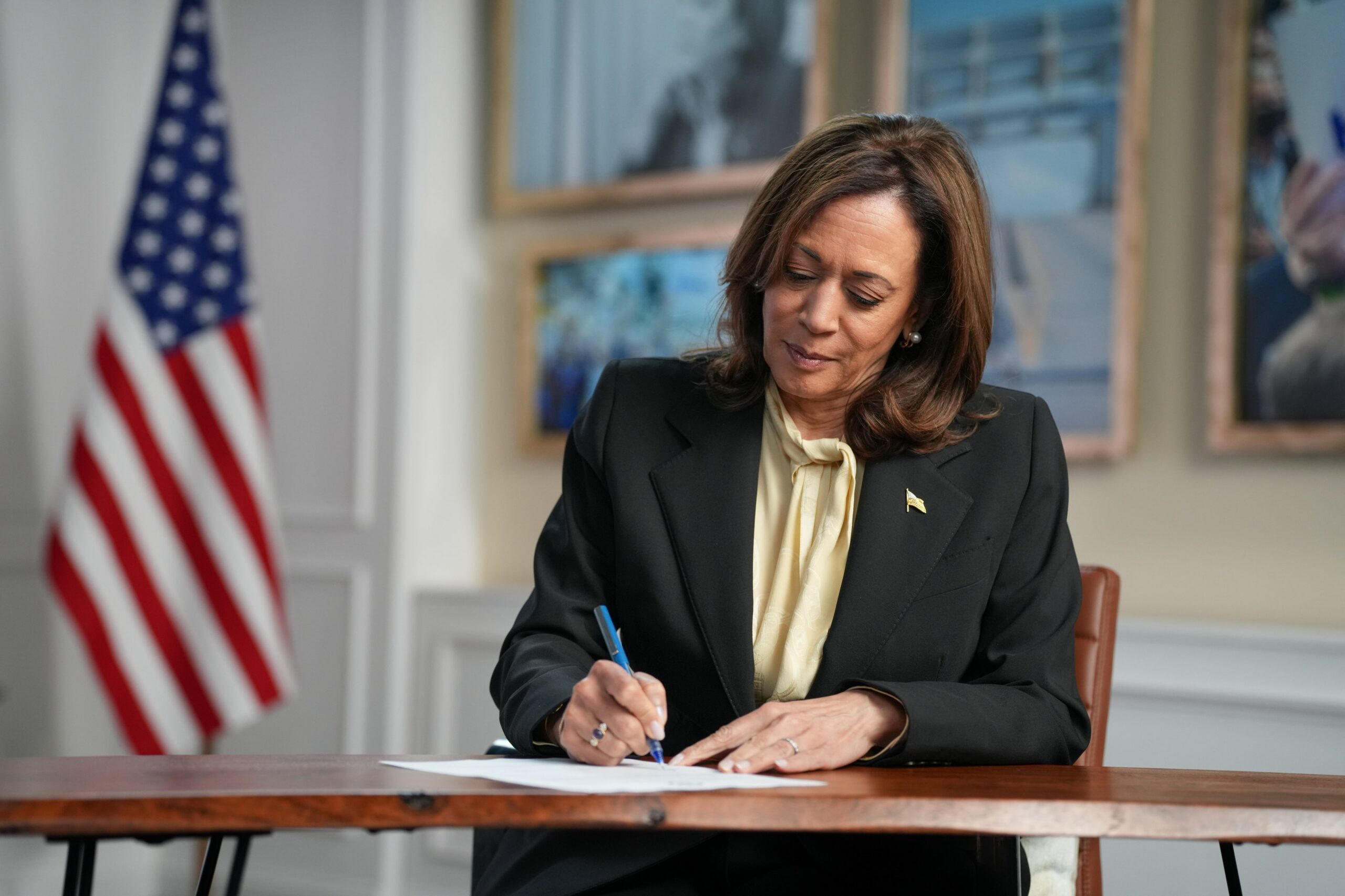Saudi Crown Prince Mohammed bin Salman (MBS) reportedly harbors deep concerns about his safety if he moves forward with a normalization agreement with Israel without securing significant concessions for the Palestinians. According to a recent Politico report, published on Wednesday, MBS conveyed his fears during discussions with members of the US Congress, emphasizing the necessity of including a clear path to Palestinian statehood in any potential deal.
Historical Precedent Raises Alarms
During these discussions, MBS invoked the assassination of Egyptian President Anwar Sadat, who was killed by Islamist militants in 1981 following the Egypt-Israel peace treaty. The crown prince questioned the protection offered to Sadat by the United States at the time, suggesting that a similar fate could befall him if he moves ahead with Israel without addressing Palestinian aspirations.
This historical reference highlights MBS’s acute awareness of the regional sensitivities and the potential backlash that could arise from a deal perceived as sidelining the Palestinian cause. As the custodian of Islam’s holiest sites, MBS’s position is uniquely vulnerable to such pressures, making the issue of Palestinian statehood a critical factor in his decision-making process.
A High-Stakes Gamble
Despite his fears, MBS remains determined to pursue what is being termed a “grand bargain” with the United States and Israel. This ambitious initiative involves several complex and interrelated components, including security guarantees for Saudi Arabia through a formal treaty, assistance with developing a civilian nuclear program, and investments in technology sectors.
In exchange, Saudi Arabia would reportedly establish diplomatic and other forms of relations with Israel, a move that would be groundbreaking given the kingdom’s status as a leading power in the Muslim world. However, the crown prince’s desire to secure tangible benefits for the Palestinians has emerged as a significant sticking point.
Israeli Reluctance and Regional Concerns
One of the most challenging aspects of the potential agreement is the Israeli government’s reluctance to incorporate a viable pathway to Palestinian statehood. This reluctance has been a source of frustration for MBS, who recognizes the deep emotional and political significance of the Palestinian issue across the Middle East.
The way he put it was, ‘Saudis care very deeply about this, and the street throughout the Middle East cares deeply about this, and my tenure as the keeper of the holy sites of Islam will not be secure if I don’t address what is the most pressing issue of justice in our region,'” a source familiar with the crown prince’s conversations with regional and American leaders told Politico.
MBS’s stance reflects a broader regional consensus that any normalization with Israel must include meaningful progress on the Palestinian issue. The potential backlash from the Arab and Muslim populations, both within Saudi Arabia and across the region, is a critical factor that MBS cannot afford to ignore.
The US Role and Strategic Calculations
The United States plays a pivotal role in this evolving scenario, with President Joe Biden’s administration actively seeking to broker a deal that would advance American interests in the region. In exchange for Saudi Arabia’s normalization with Israel, Washington has offered several incentives, including security assurances, support for a civilian nuclear program, and increased investments in critical sectors.
However, the timing of the deal remains uncertain, with sources in the US Congress indicating that the likelihood of reaching an agreement before the upcoming presidential election in November is low. The Senate’s tight schedule and the complexities of ratifying the US-Saudi portion of the deal further complicate the situation.
In this context, MBS’s discussions about his potential assassination can be seen as an attempt to pressure US officials into persuading Israel to agree to a deal that aligns with his interests. By highlighting the personal risks he faces, the crown prince is underscoring the urgency of addressing the Palestinian issue in any normalization agreement.
Broader Implications and Regional Dynamics
The potential normalization of relations between Saudi Arabia and Israel would have far-reaching implications for the Middle East, reshaping alliances and altering the strategic landscape. For Israel, establishing diplomatic ties with Saudi Arabia would be a significant diplomatic victory, enhancing its legitimacy in the region and opening new avenues for economic and security cooperation.
For Saudi Arabia, the benefits are equally compelling, particularly in terms of security guarantees and economic opportunities. However, the crown prince’s insistence on securing concessions for the Palestinians reflects a broader recognition that the long-term stability of the region depends on addressing the root causes of conflict, including the Palestinian question.
MBS’s concerns about assassination also reflect the high stakes involved in such a deal. As a leader who has positioned himself as a reformer and modernizer, MBS is acutely aware that his legacy will be judged not only by his domestic achievements but also by his ability to navigate the complex and often perilous dynamics of the Middle East.
As the negotiations continue, the situation remains fluid, with many variables still in play. MBS’s willingness to move forward with the normalization process, despite his fears, indicates his commitment to securing a deal that he believes is crucial for Saudi Arabia’s future. However, the success of this initiative will depend on the ability of all parties involved to address the underlying issues, particularly the question of Palestinian statehood.
The coming months will be critical in determining the outcome of these negotiations, with the potential for both significant breakthroughs and setbacks. For MBS, the risks are considerable, but so too are the potential rewards, both for Saudi Arabia and for the broader region.
As the crown prince continues to navigate this complex and delicate situation, his leadership will be tested in unprecedented ways, with implications that will resonate far beyond the borders of the kingdom. The world will be watching closely as this high-stakes diplomatic effort unfolds, with the potential to reshape the Middle East for generations to come.


